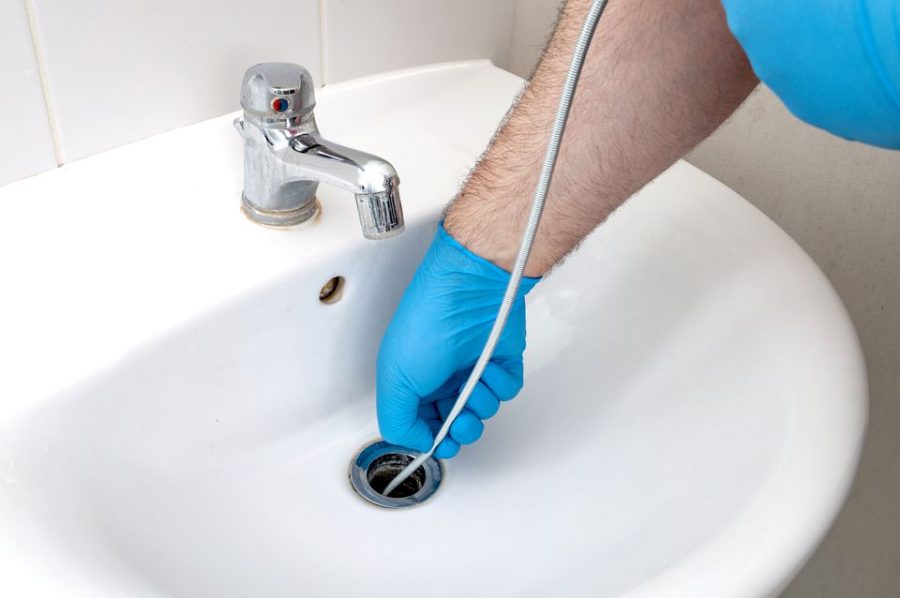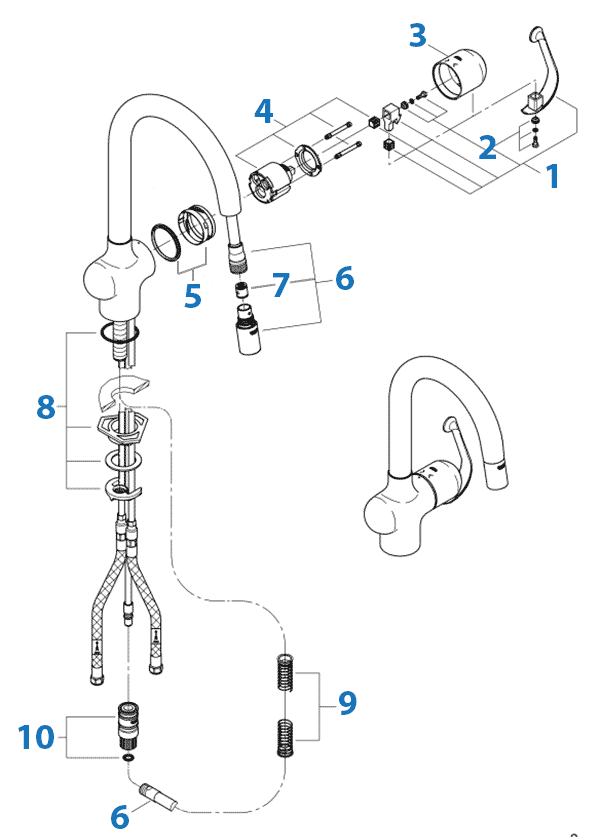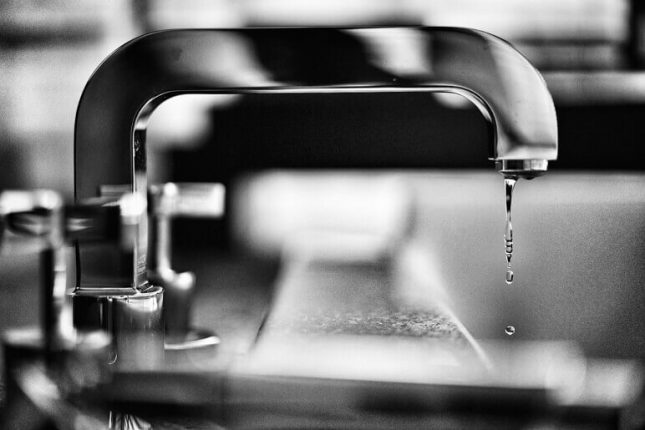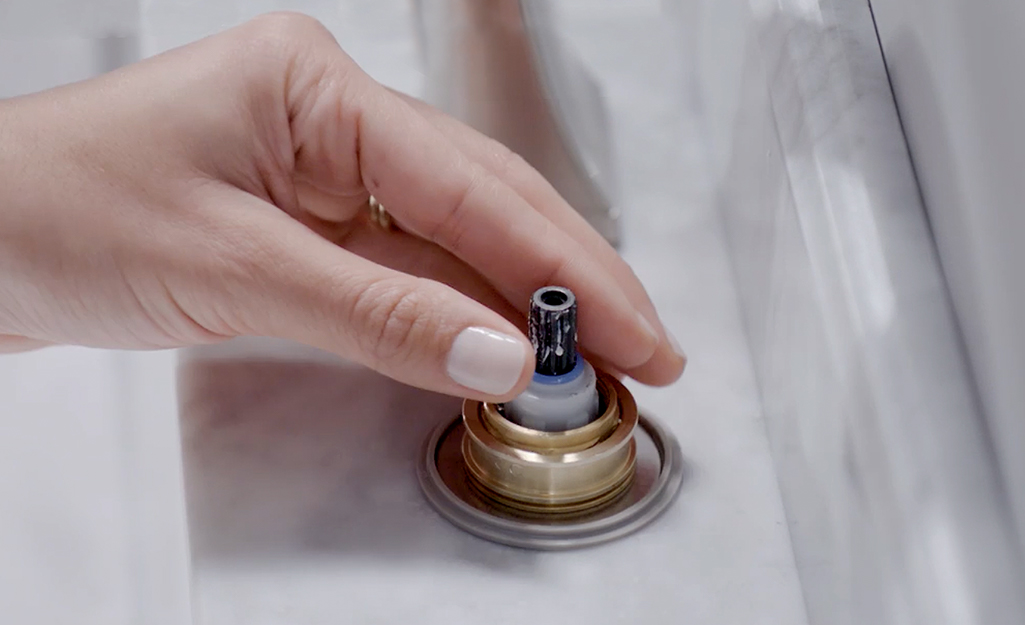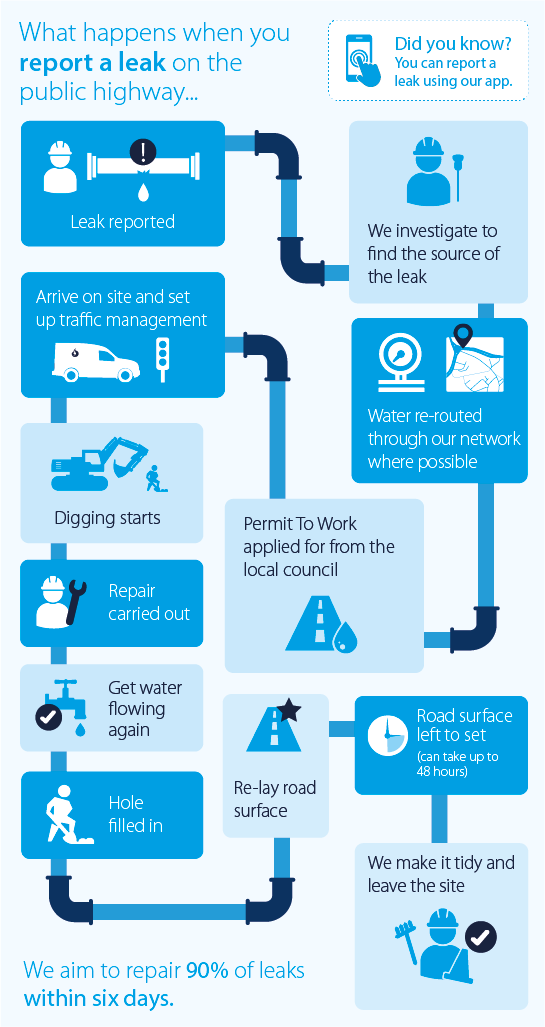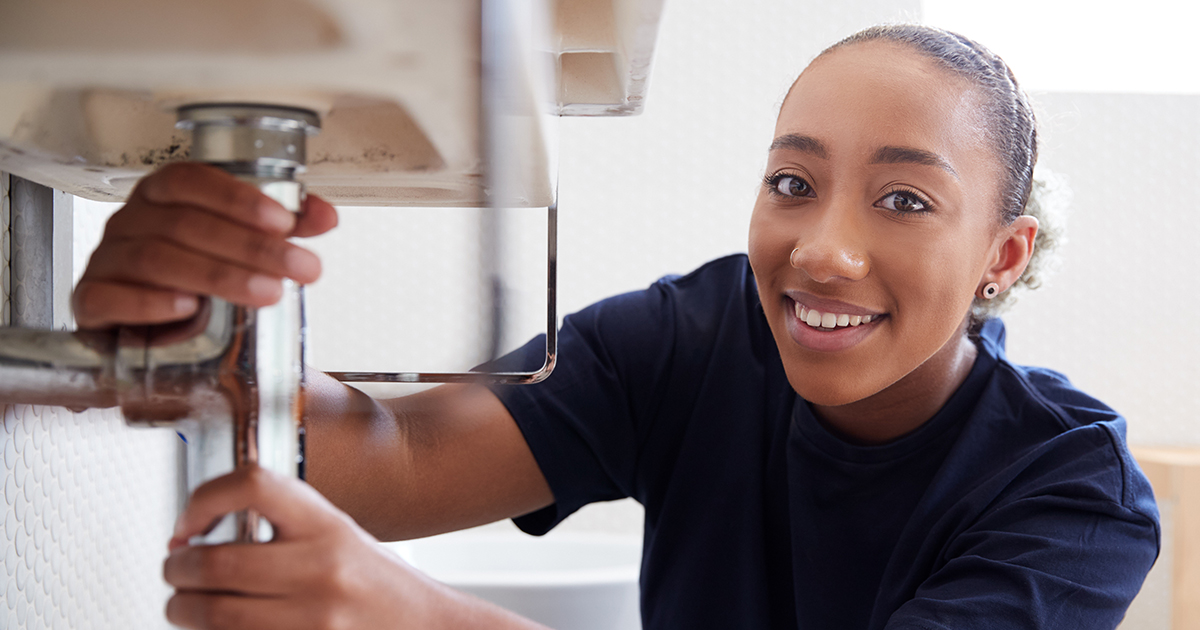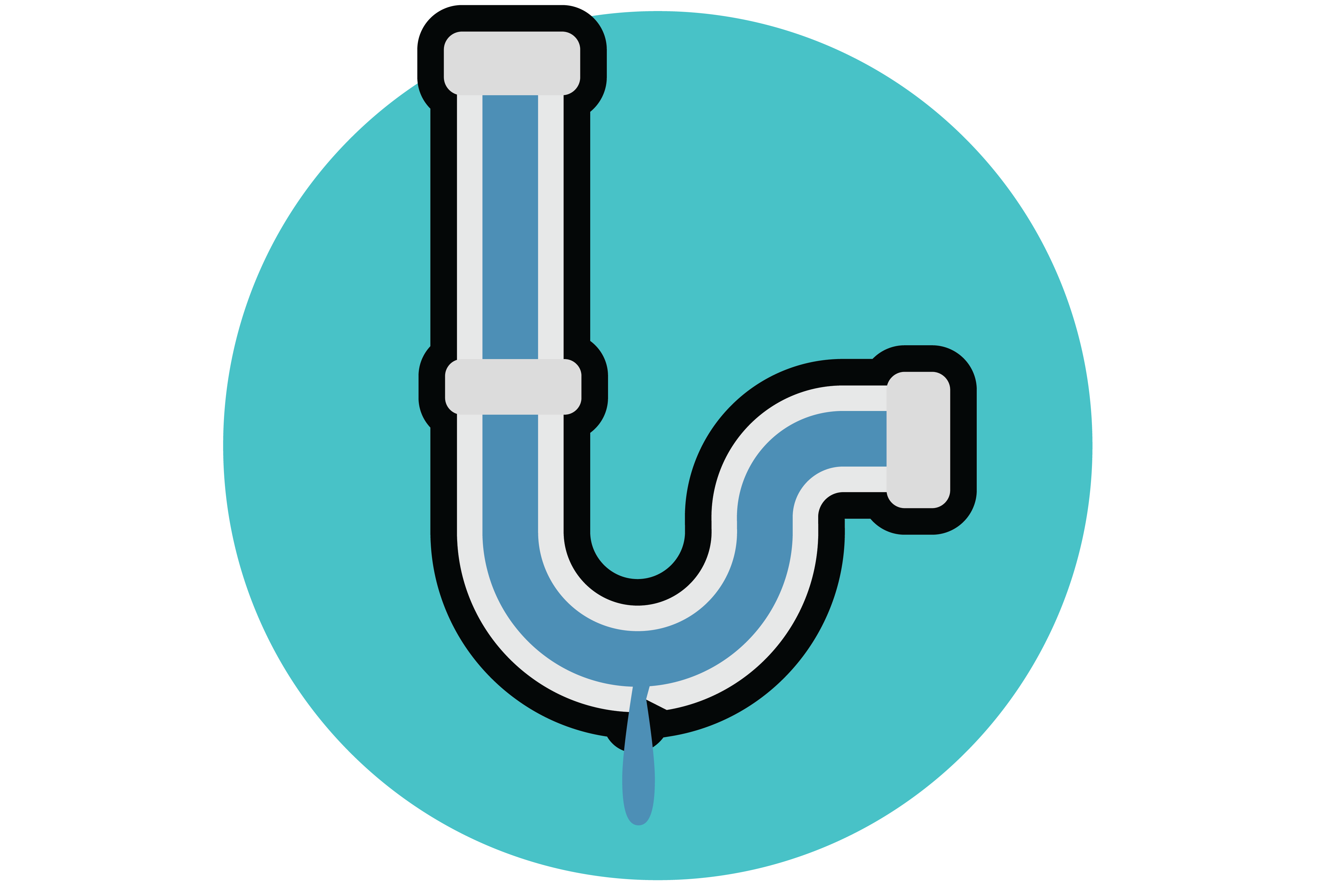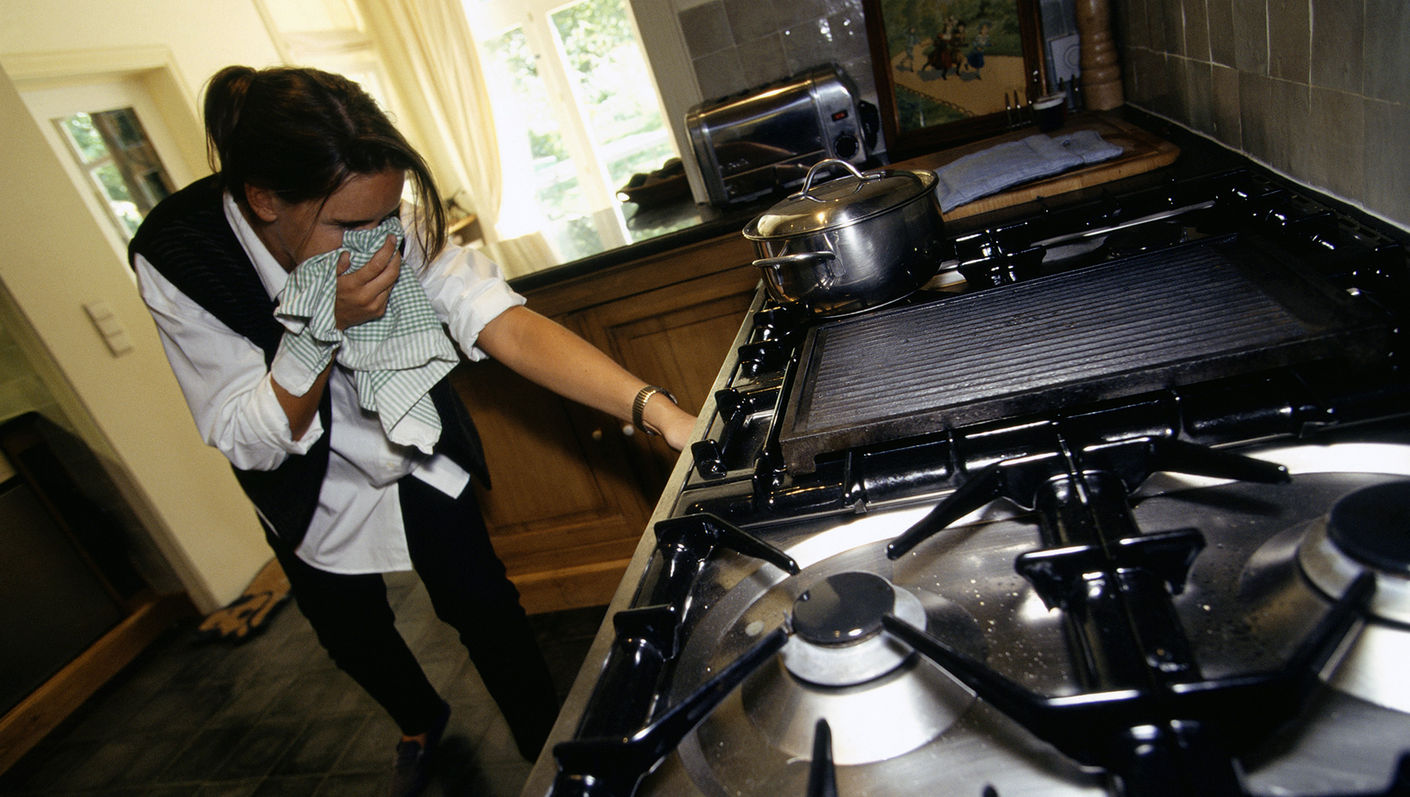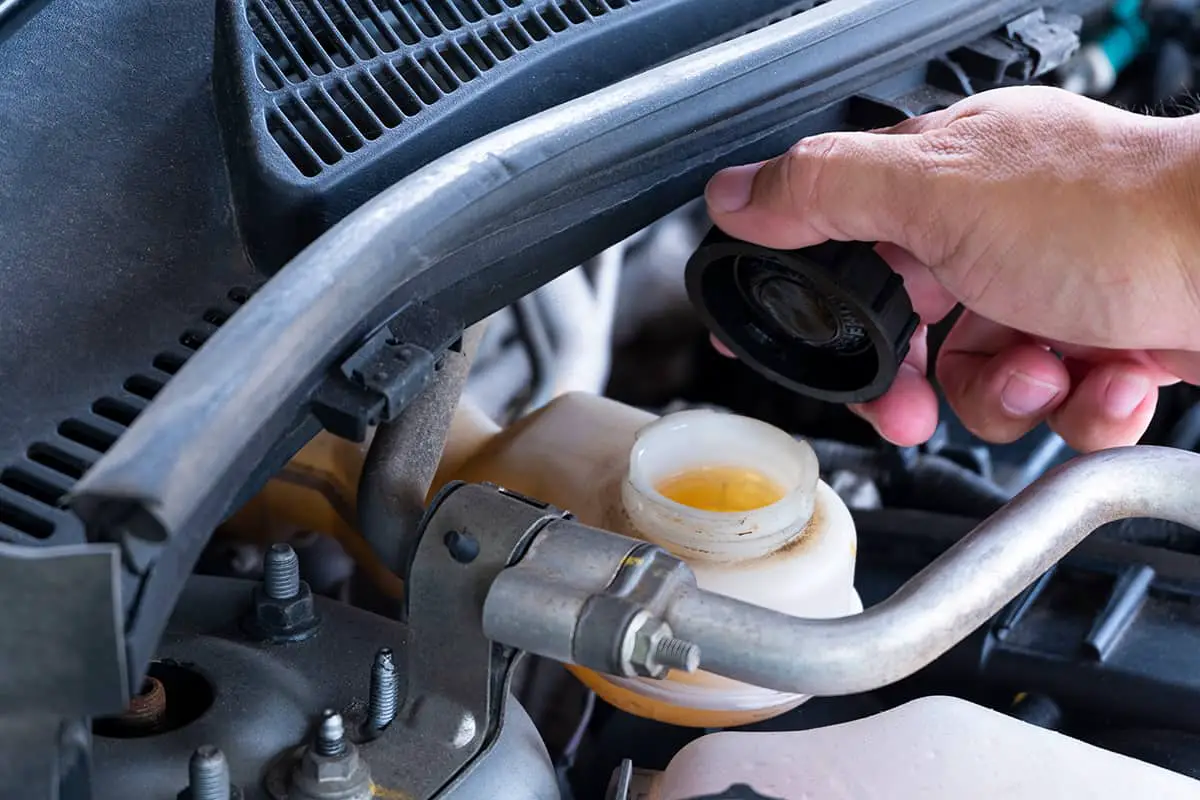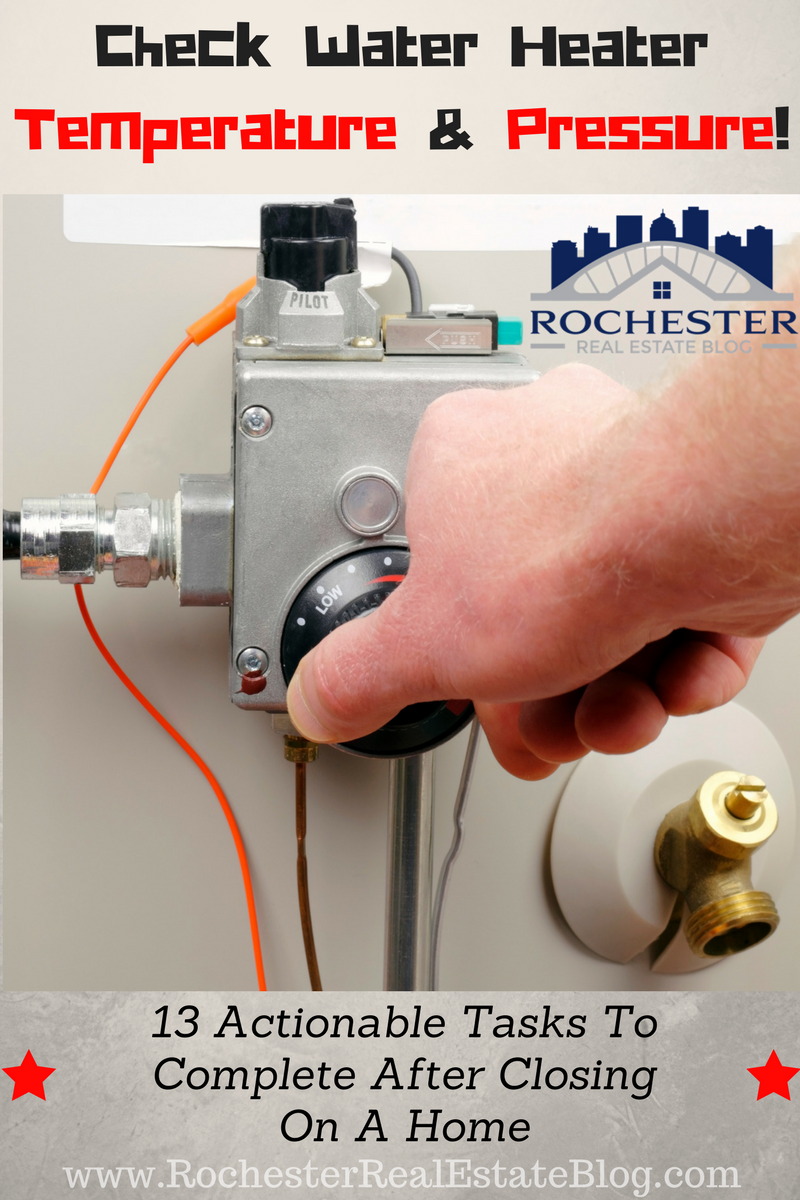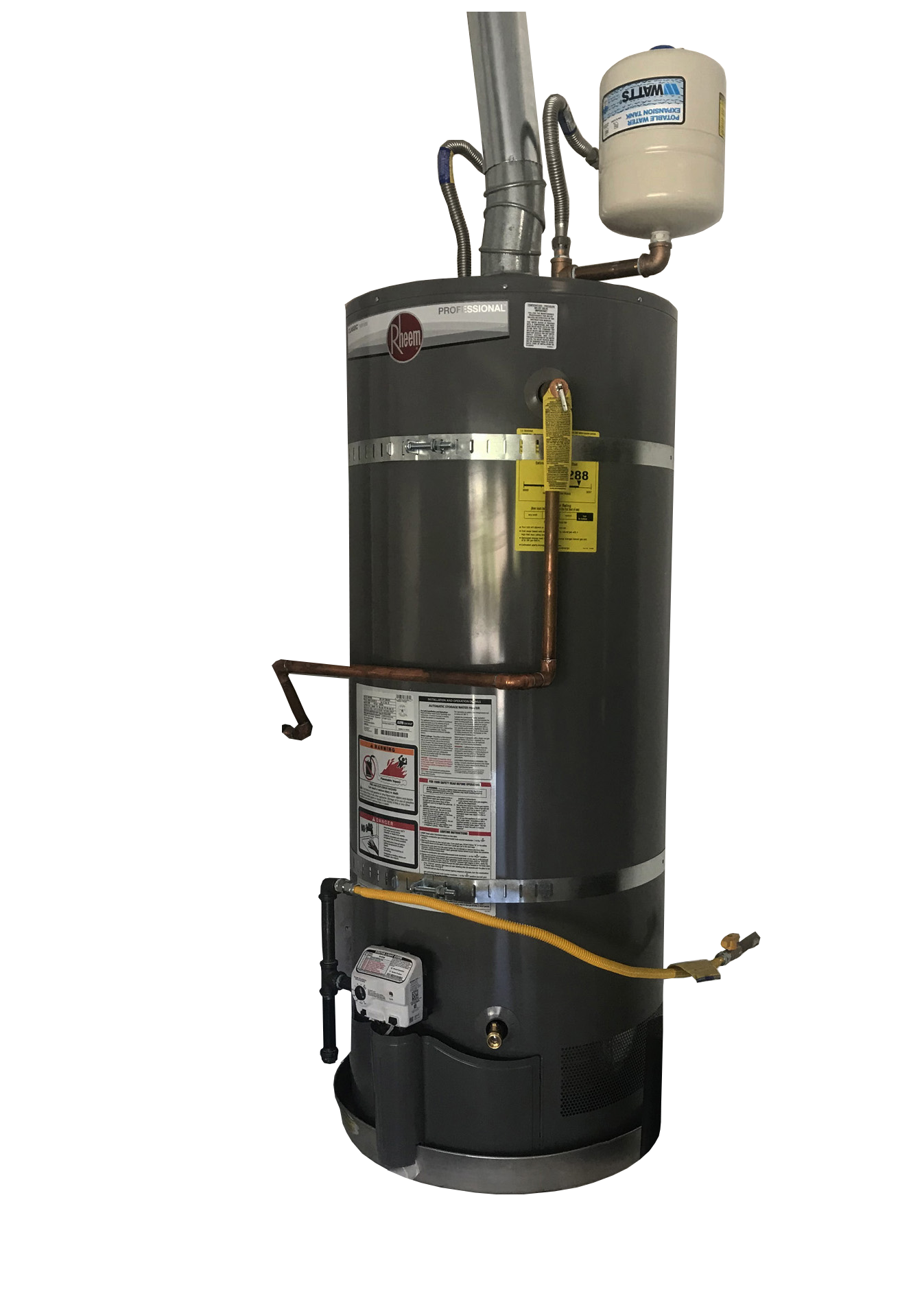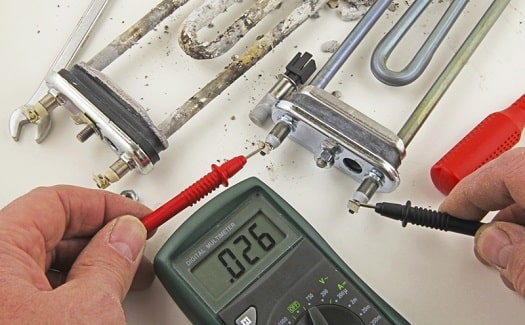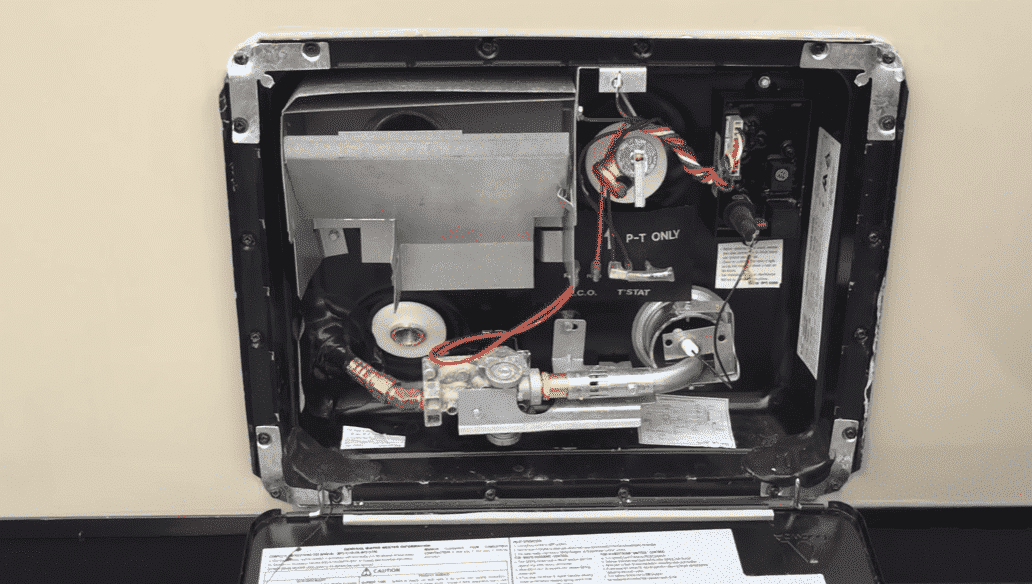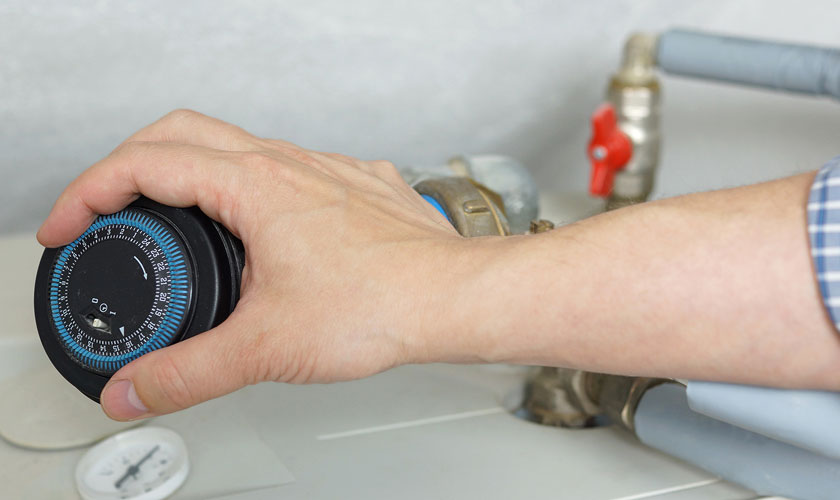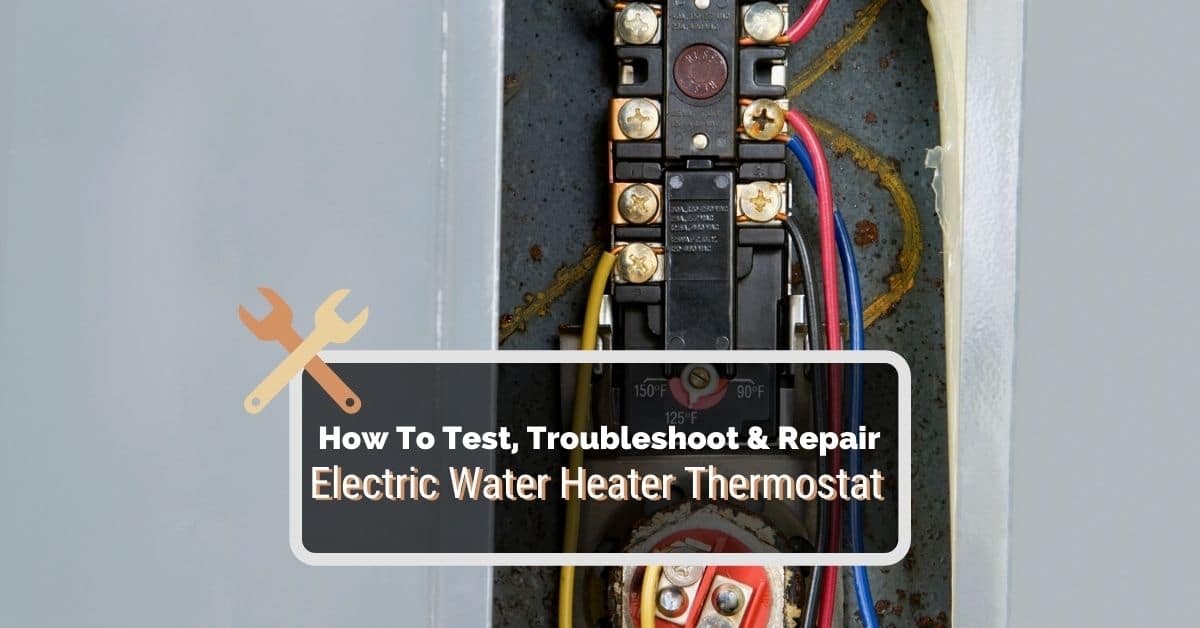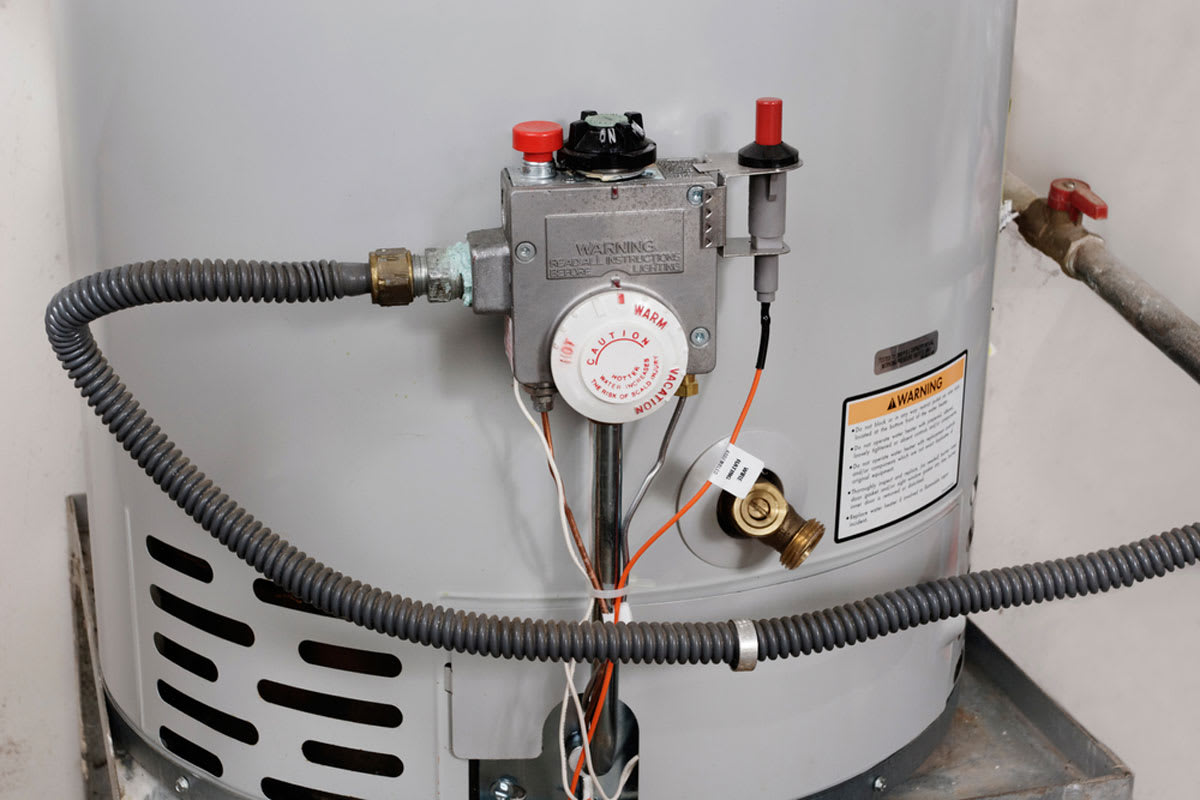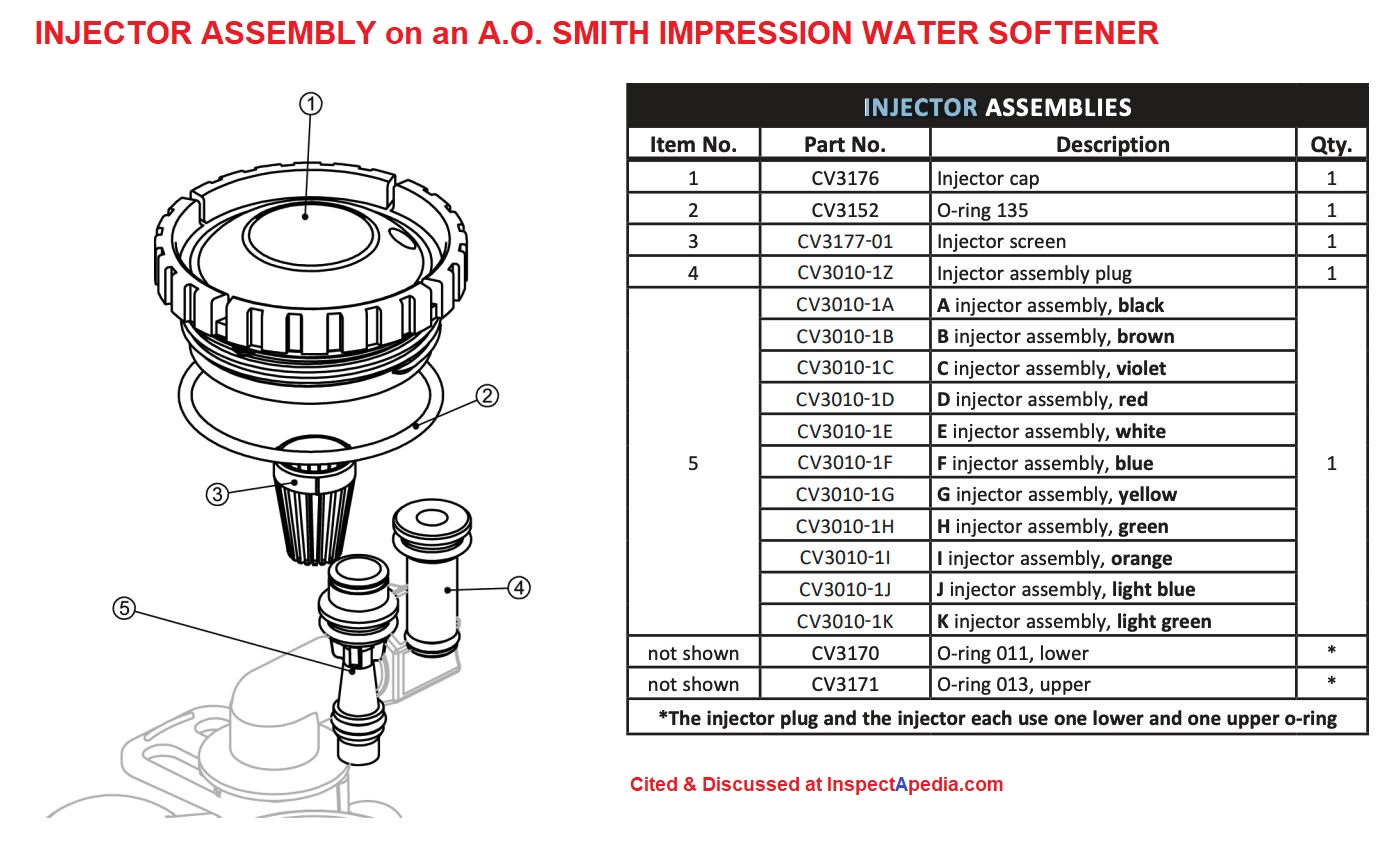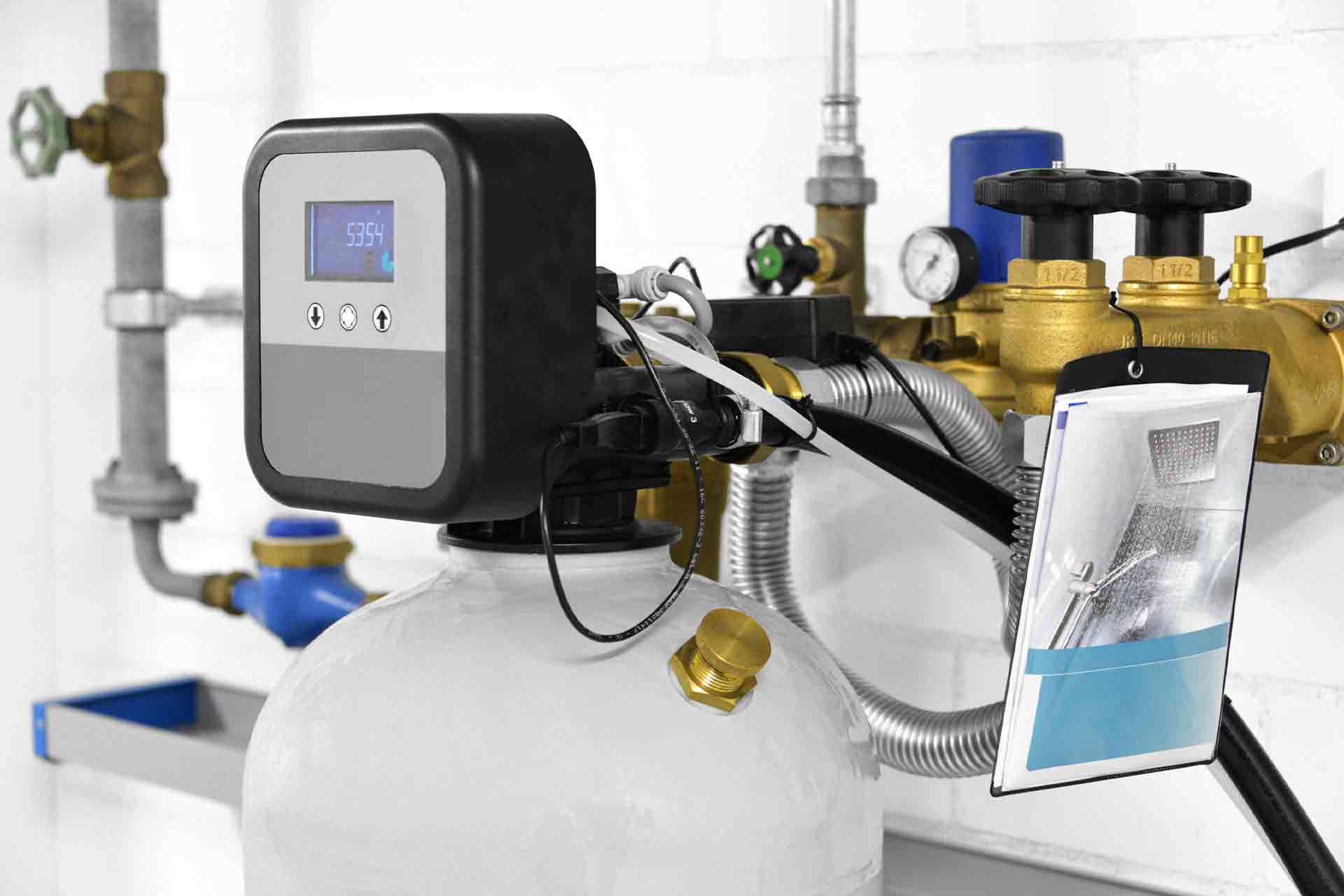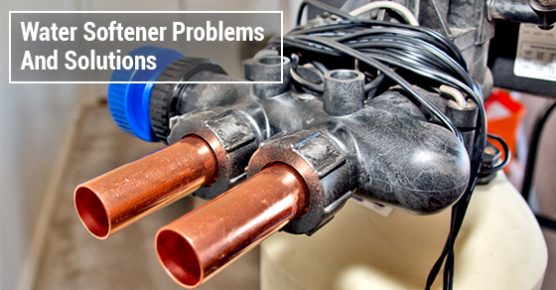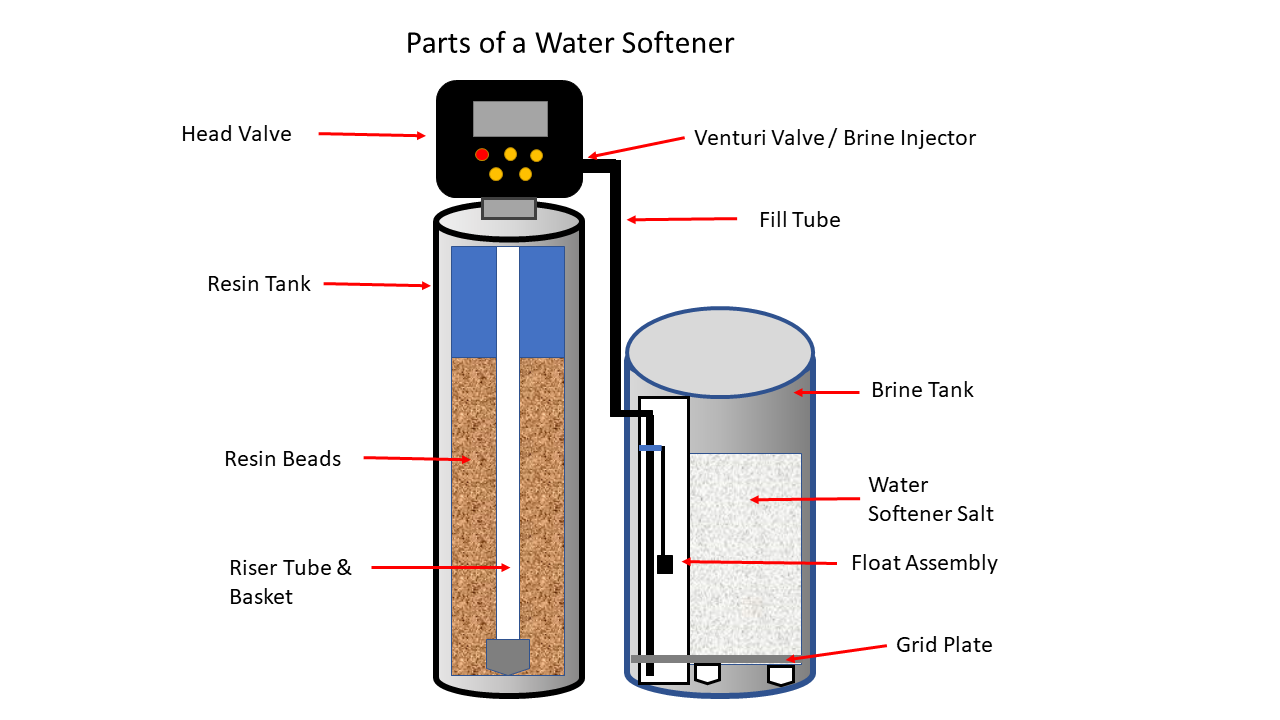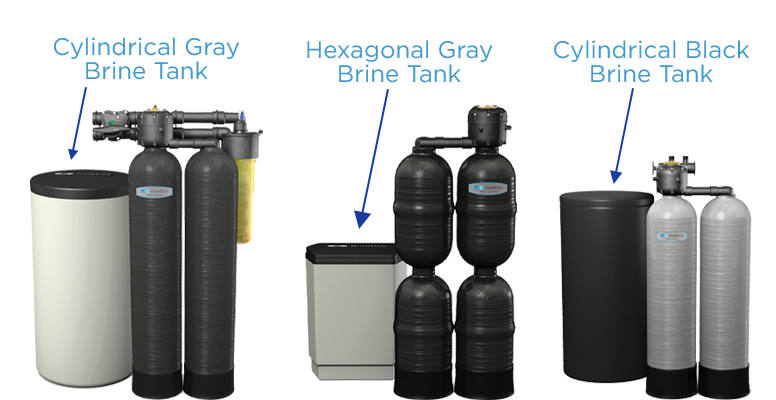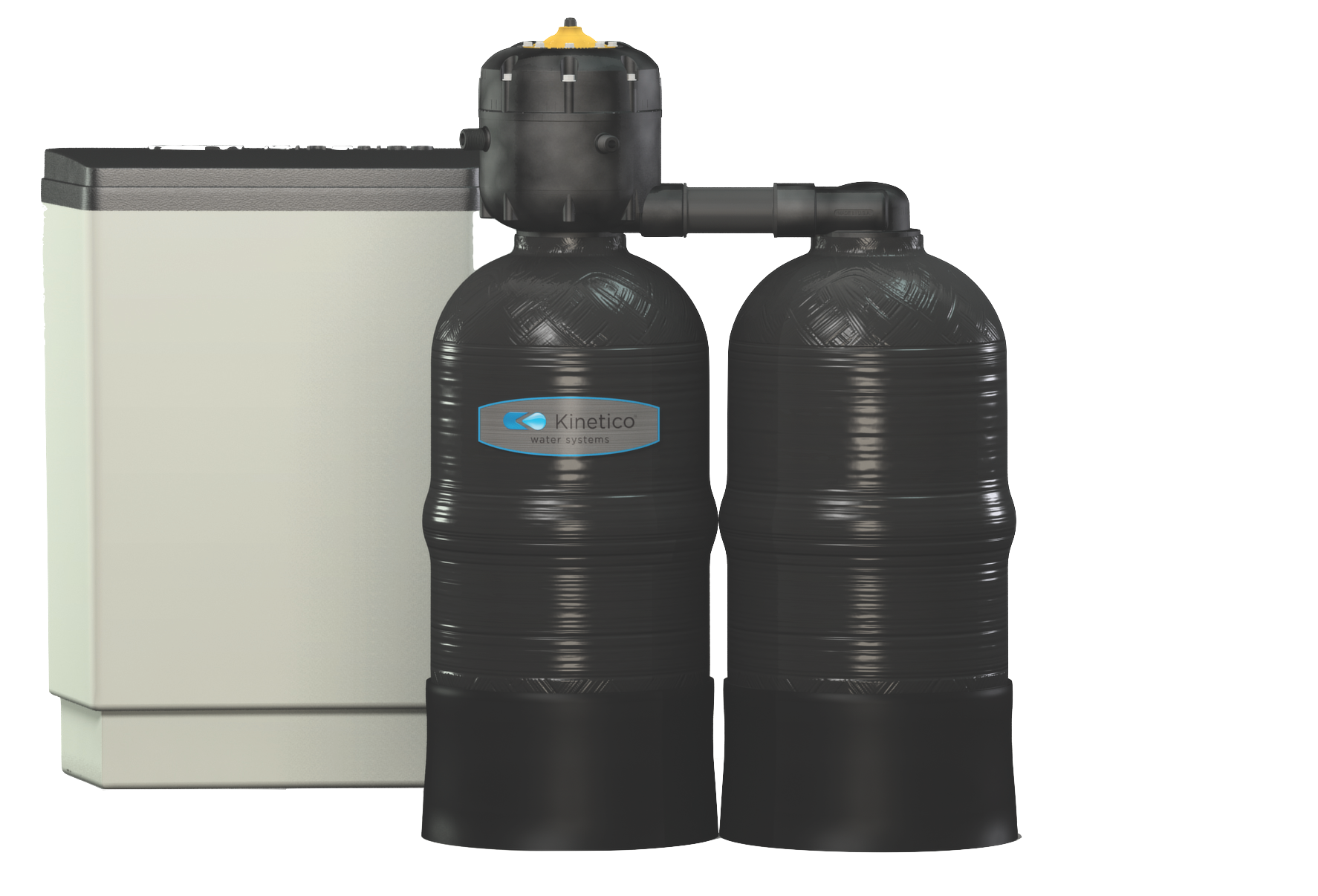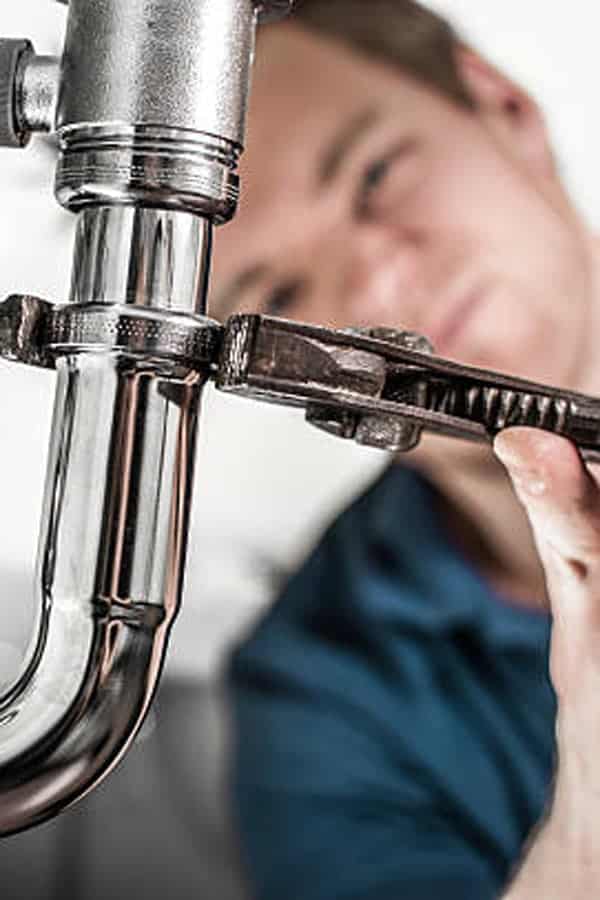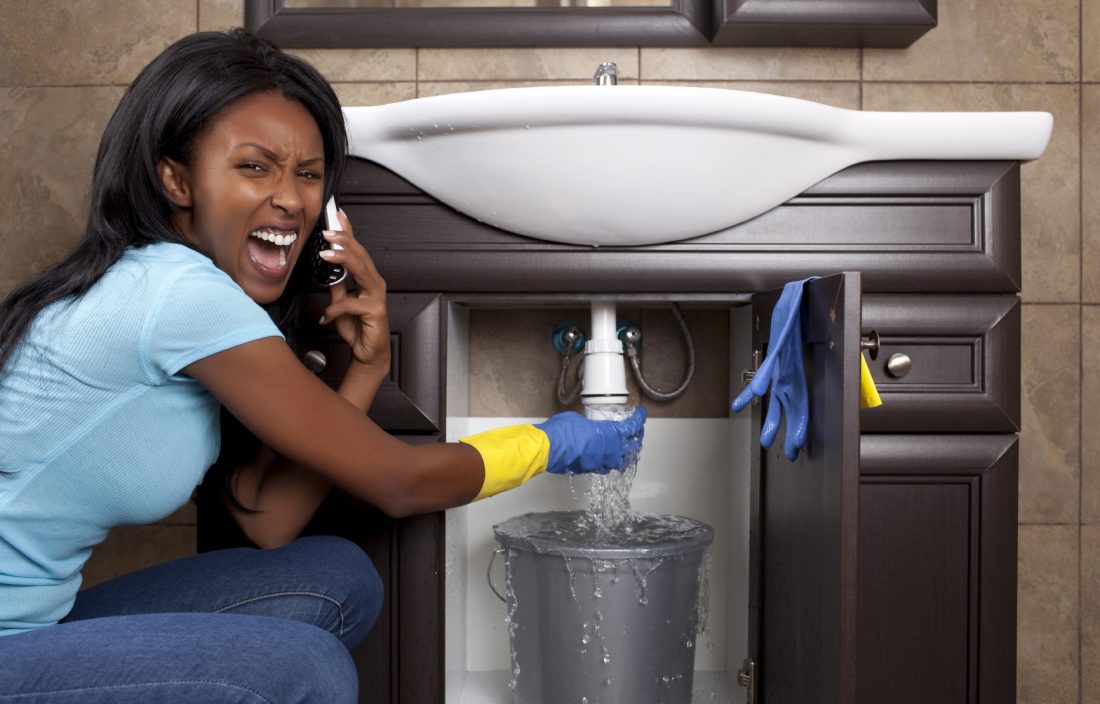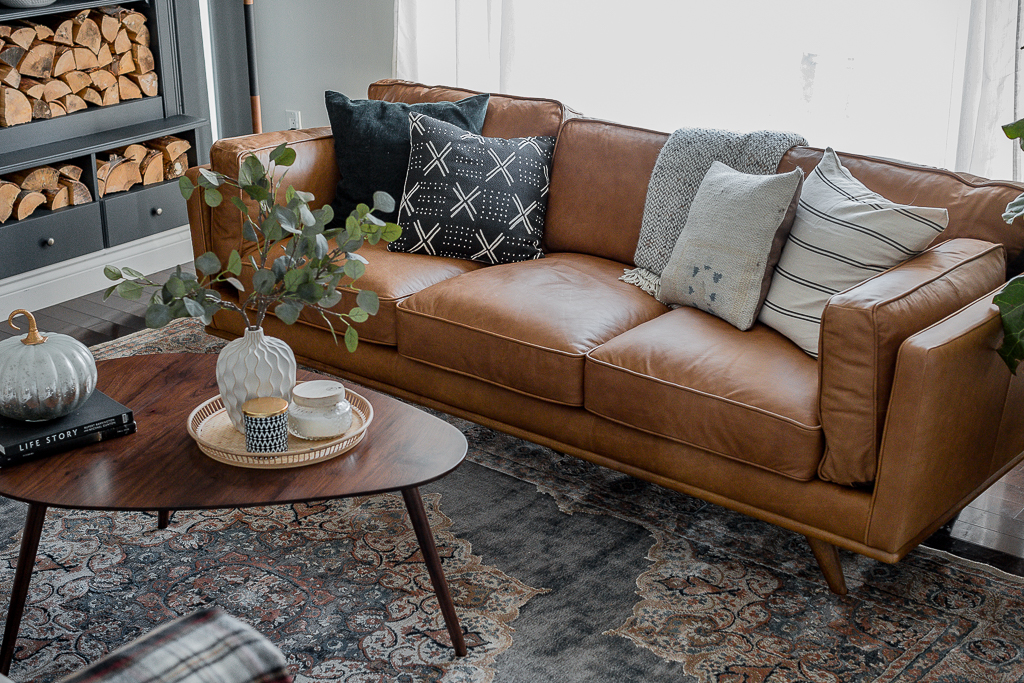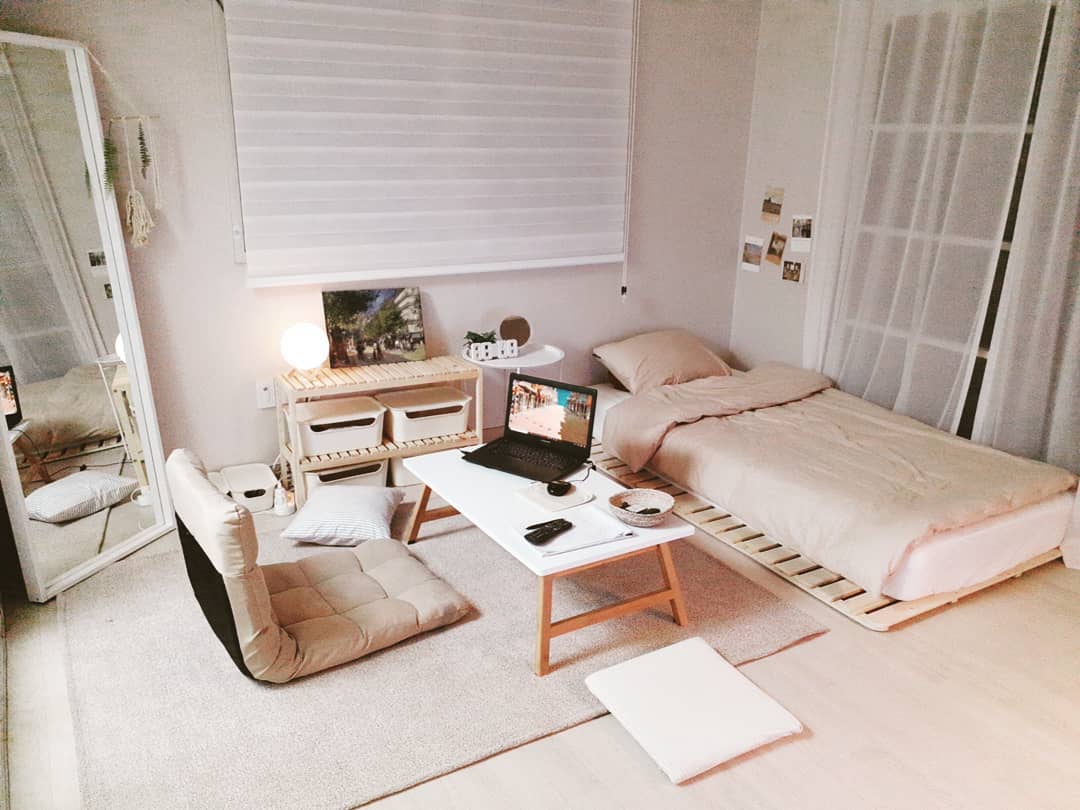If you notice that the water pressure in your kitchen sink has suddenly become low, the first thing you should check is the aerator. This small device is attached to the end of your faucet and helps to control the flow of water. Over time, sediment and debris can build up in the aerator, causing it to clog and restrict the water flow. To check the aerator, simply unscrew it from the faucet and clean it out with a brush and some vinegar. This simple fix can often restore the water pressure to your kitchen sink.Check the aerator
If cleaning the aerator didn't solve the issue, the next step is to check the water supply. Make sure that the main water valve is open and that there are no issues with the water supply to your home. If you have recently worked on any plumbing in your home, it's possible that the water supply may have been turned off and not fully turned back on. Also, check for any water outages or construction in your area that may be affecting the water pressure.Check the water supply
Another potential culprit for low water pressure in your kitchen sink could be the shut-off valves. These valves are typically located under the sink and control the flow of water to your faucet. Make sure that these valves are fully open to allow for maximum water flow. If they are partially closed, it can significantly impact the water pressure in your kitchen sink.Check the shut-off valves
If you have ruled out any issues with the aerator, water supply, and shut-off valves, it's time to check the water pressure regulator. This device is responsible for regulating the water pressure in your home and can be found near the main water valve. If the pressure is set too low, it can cause issues with water flow in your kitchen sink. You may need to adjust the regulator or call a professional plumber to do the job for you.Check the water pressure regulator
Another common cause of low water pressure in a kitchen sink is clogged pipes. Over time, debris and sediment can build up in the pipes, restricting the flow of water. If you suspect this to be the issue, you can try using a plunger or a plumbing snake to clear out the clog. If the clog is severe, you may need to call a plumber to use more advanced techniques to clear the pipes.Check the pipes for clogs
If you have an older faucet, it may have a cartridge that can become worn or damaged over time. This can lead to a decrease in water pressure. To check the cartridge, turn off the water supply and remove the faucet handle. Inspect the cartridge for any signs of damage or wear and tear. If necessary, replace the cartridge to restore proper water pressure to your kitchen sink.Check the faucet cartridge
Sometimes, low water pressure can be caused by leaks in the plumbing system. Check the pipes under the sink for any signs of leaks or damage. Even a small leak can significantly impact the water pressure in your kitchen sink. If you find any leaks, you will need to repair or replace the affected pipes to restore proper water flow.Check for leaks
In some cases, the water heater may be the source of low water pressure in your kitchen sink. If the water heater is not functioning properly, it can impact the water pressure throughout your home. Check the temperature setting on the water heater and make sure it is set high enough to provide adequate pressure. If the water heater is old or malfunctioning, it may need to be replaced.Check the water heater
If you have a water softener in your home, it's possible that it could be causing low water pressure in your kitchen sink. The water softener can become clogged with minerals and need to be cleaned. It's also possible that the water softener is not properly sized for your home and needs to be upgraded. Consult with a professional to determine the best course of action.Check the water softener
If you have exhausted all other options and still cannot figure out why your kitchen sink water pressure is suddenly low, it may be time to call a professional plumber. They will have the expertise and tools to diagnose and fix the issue properly. Don't hesitate to call for help if you are unable to resolve the problem on your own. In conclusion, low water pressure in a kitchen sink can be a frustrating issue to deal with. However, by checking the aerator, water supply, shut-off valves, water pressure regulator, pipes, faucet cartridge, and for leaks, you can often identify and fix the problem. If all else fails, don't hesitate to call a plumber for assistance. With the right steps, you can restore proper water pressure to your kitchen sink and enjoy a fully functioning faucet once again.Call a plumber
Why is My Kitchen Sink Water Pressure Suddenly Low?
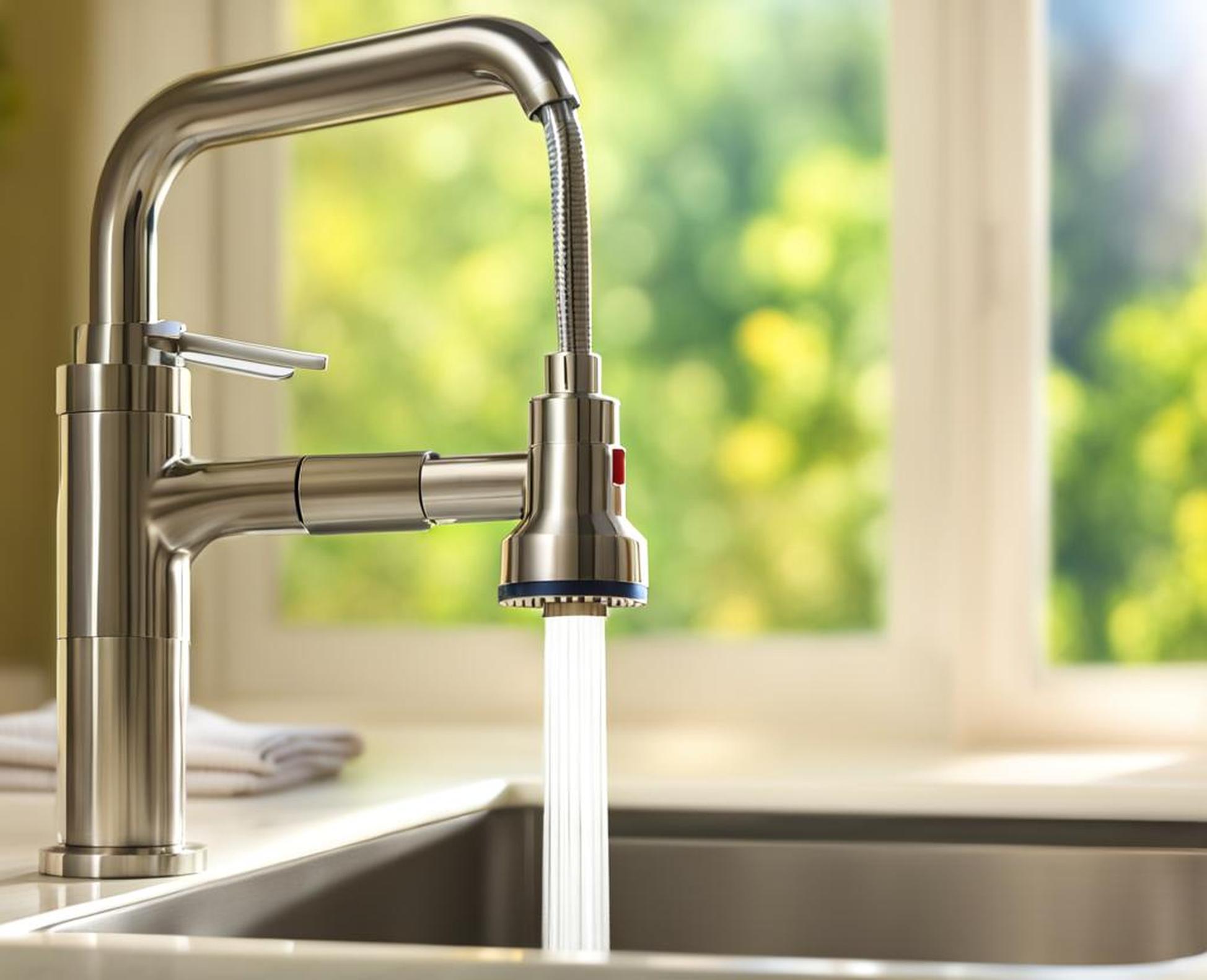 If you have noticed a sudden decrease in water pressure in your kitchen sink, you may be wondering what could be causing this frustrating issue. A lack of water pressure can make simple tasks like washing dishes or filling up a pot take much longer than necessary. While there could be several reasons for this problem, the most common cause is a clogged or damaged
water supply line
.
If you have noticed a sudden decrease in water pressure in your kitchen sink, you may be wondering what could be causing this frustrating issue. A lack of water pressure can make simple tasks like washing dishes or filling up a pot take much longer than necessary. While there could be several reasons for this problem, the most common cause is a clogged or damaged
water supply line
.
Understanding Water Supply Lines
 Before we dive into the potential causes of low water pressure, let's first understand what a water supply line is. This is the pipe that connects your kitchen sink to the main water source in your house. It carries water from the source and delivers it to your sink. The average kitchen sink has a
water pressure
of 45-60 psi (pounds per square inch), which is the force that pushes the water through the pipes. Any obstruction or damage to the supply line can significantly reduce this pressure and cause low water pressure in your sink.
Before we dive into the potential causes of low water pressure, let's first understand what a water supply line is. This is the pipe that connects your kitchen sink to the main water source in your house. It carries water from the source and delivers it to your sink. The average kitchen sink has a
water pressure
of 45-60 psi (pounds per square inch), which is the force that pushes the water through the pipes. Any obstruction or damage to the supply line can significantly reduce this pressure and cause low water pressure in your sink.
Possible Causes of Low Water Pressure
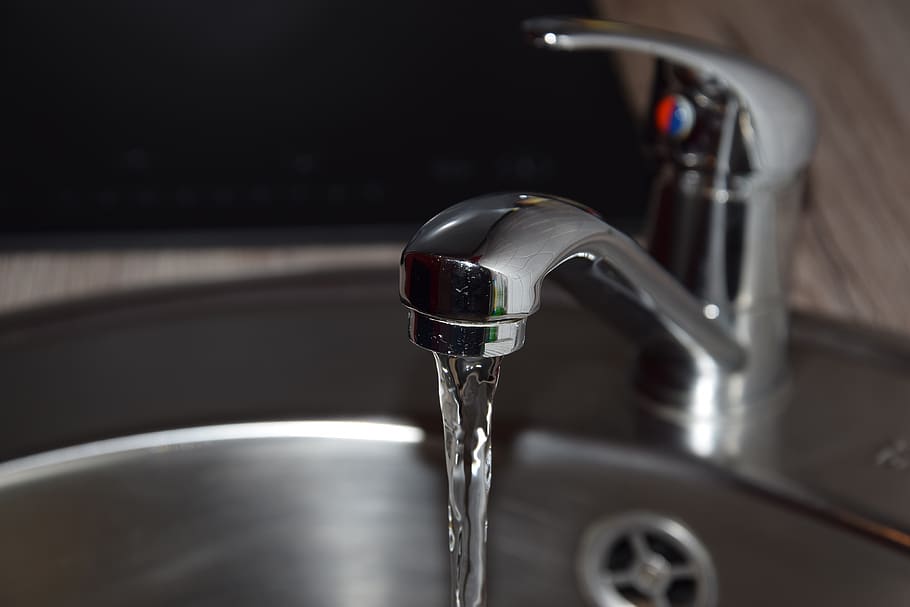 1. Clogged Water Supply Line:
Over time, minerals, debris, and other particles can build up in your water supply line, causing it to become clogged. This restricts the flow of water and results in low water pressure.
2. Damaged Water Supply Line:
If your water supply line is old or made of inferior quality materials, it may become damaged over time. This could be due to corrosion, cracks, or leaks, which can result in low water pressure.
3. Pressure Regulator Malfunction:
Your house may have a pressure regulator that controls the water pressure in your home. If this regulator is faulty, it can cause low water pressure in your kitchen sink.
1. Clogged Water Supply Line:
Over time, minerals, debris, and other particles can build up in your water supply line, causing it to become clogged. This restricts the flow of water and results in low water pressure.
2. Damaged Water Supply Line:
If your water supply line is old or made of inferior quality materials, it may become damaged over time. This could be due to corrosion, cracks, or leaks, which can result in low water pressure.
3. Pressure Regulator Malfunction:
Your house may have a pressure regulator that controls the water pressure in your home. If this regulator is faulty, it can cause low water pressure in your kitchen sink.
What to Do When You Have Low Water Pressure in Your Kitchen Sink
 If you are experiencing low water pressure in your kitchen sink, here are a few steps you can take to address the issue:
1. Check for leaks:
Inspect your water supply line for any leaks or signs of damage. If you find any, it is best to call a professional plumber to fix the issue.
2. Clean the aerator:
The aerator is the small mesh screen located at the end of your faucet. It can become clogged with debris, affecting the water pressure. Remove it and clean it thoroughly before reattaching it to the faucet.
3. Check the valves:
Make sure that the valves under your sink are fully open. Sometimes, they can accidentally get turned off, resulting in low water pressure.
If none of these solutions fix the problem, it is best to call a professional plumber to inspect and repair your water supply line. It is crucial to address this issue promptly to prevent any further damage and to ensure proper water flow in your kitchen sink.
If you are experiencing low water pressure in your kitchen sink, here are a few steps you can take to address the issue:
1. Check for leaks:
Inspect your water supply line for any leaks or signs of damage. If you find any, it is best to call a professional plumber to fix the issue.
2. Clean the aerator:
The aerator is the small mesh screen located at the end of your faucet. It can become clogged with debris, affecting the water pressure. Remove it and clean it thoroughly before reattaching it to the faucet.
3. Check the valves:
Make sure that the valves under your sink are fully open. Sometimes, they can accidentally get turned off, resulting in low water pressure.
If none of these solutions fix the problem, it is best to call a professional plumber to inspect and repair your water supply line. It is crucial to address this issue promptly to prevent any further damage and to ensure proper water flow in your kitchen sink.


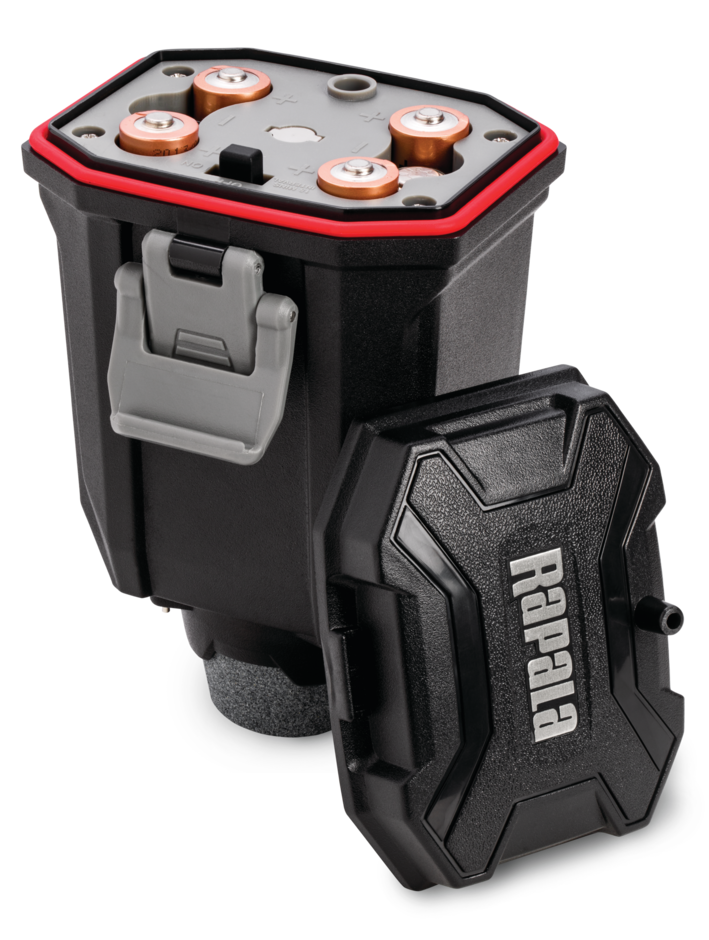
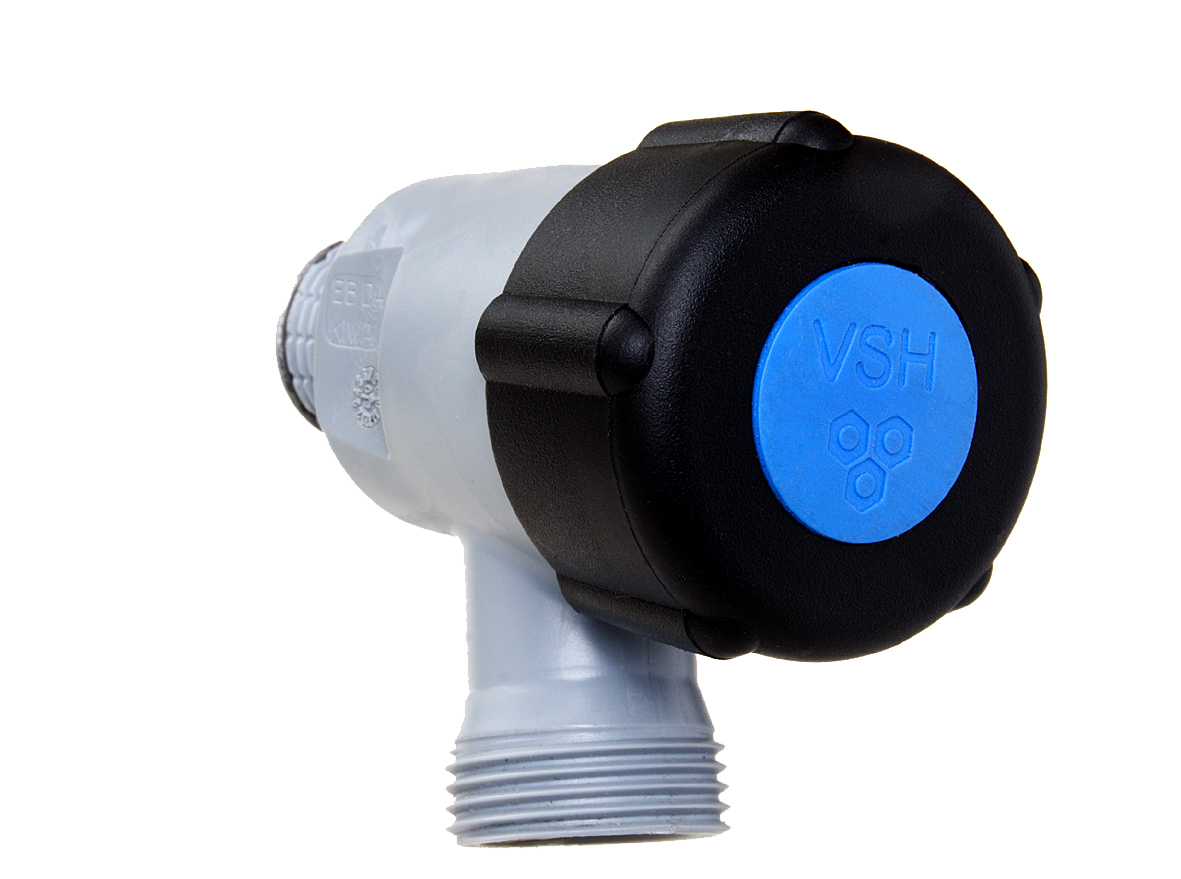






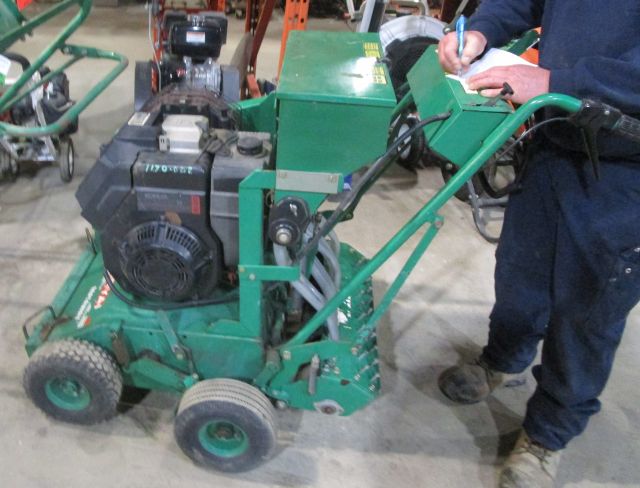
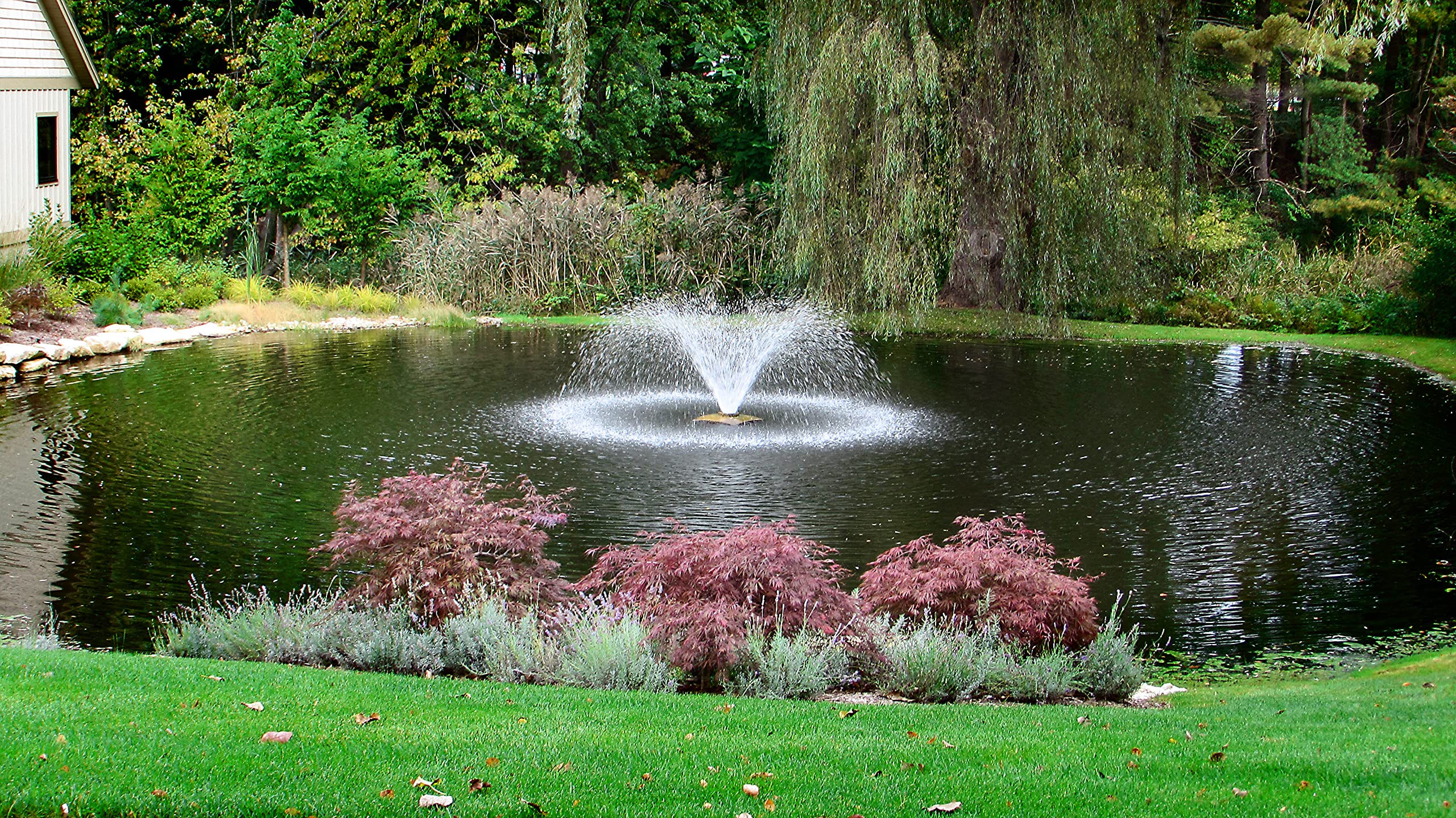
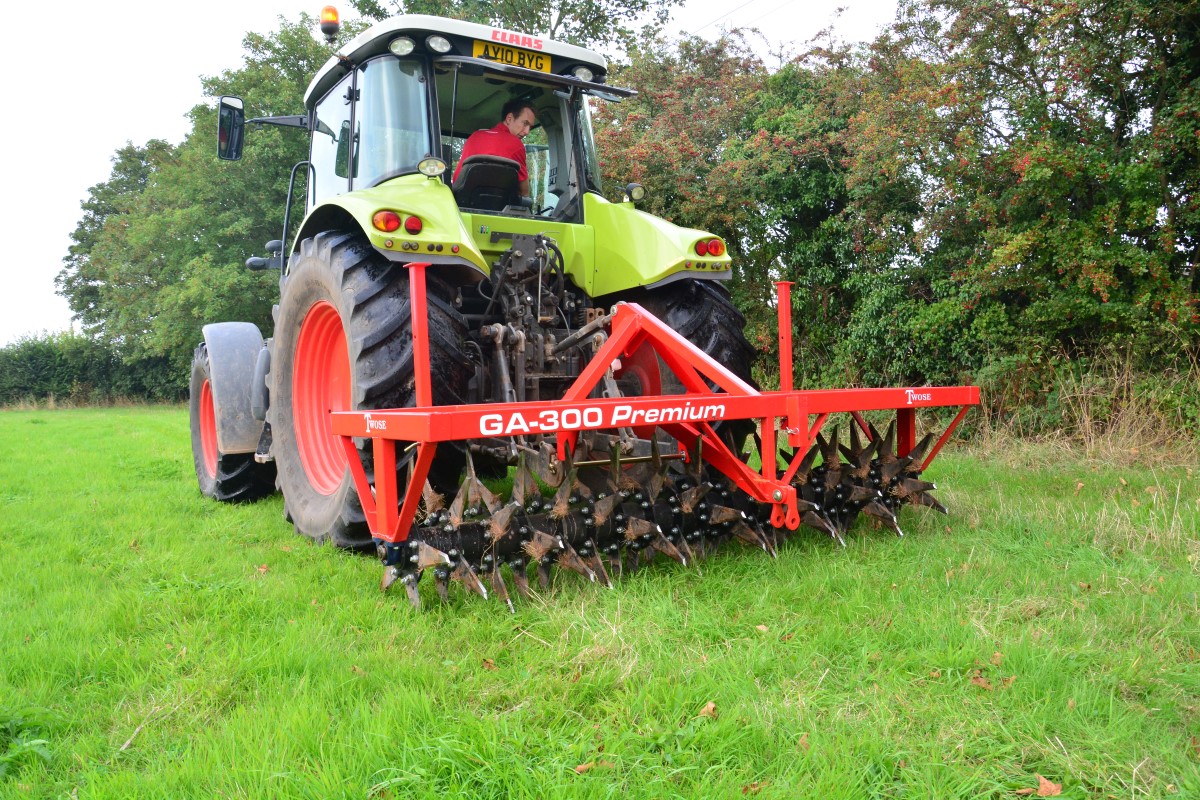
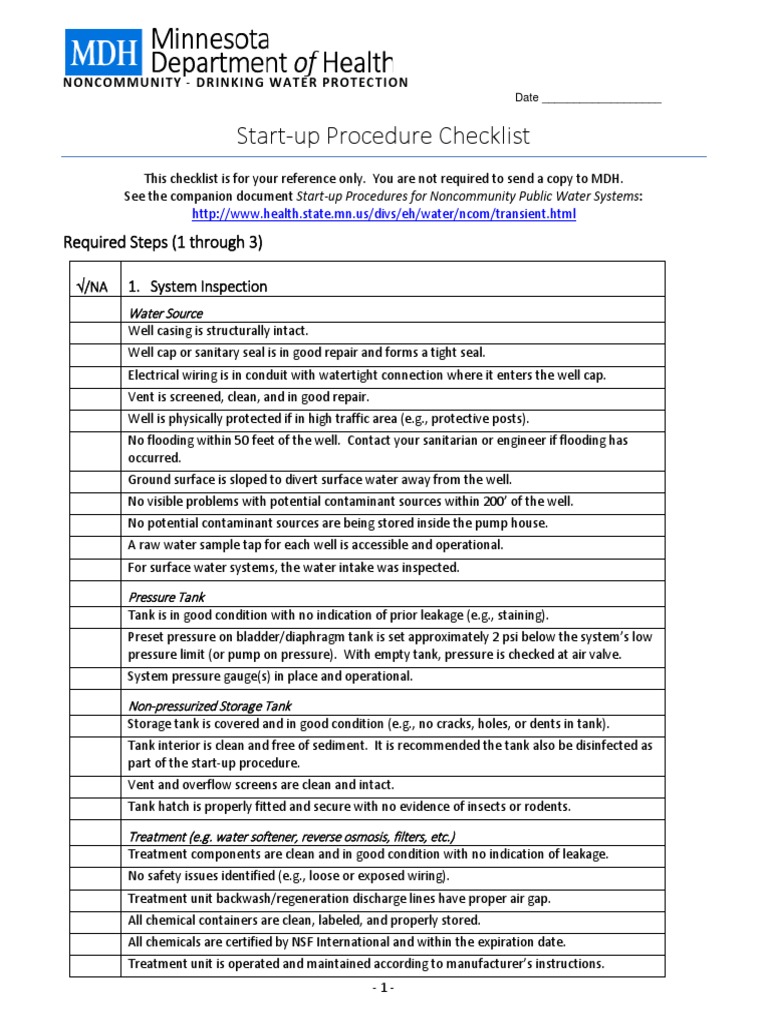

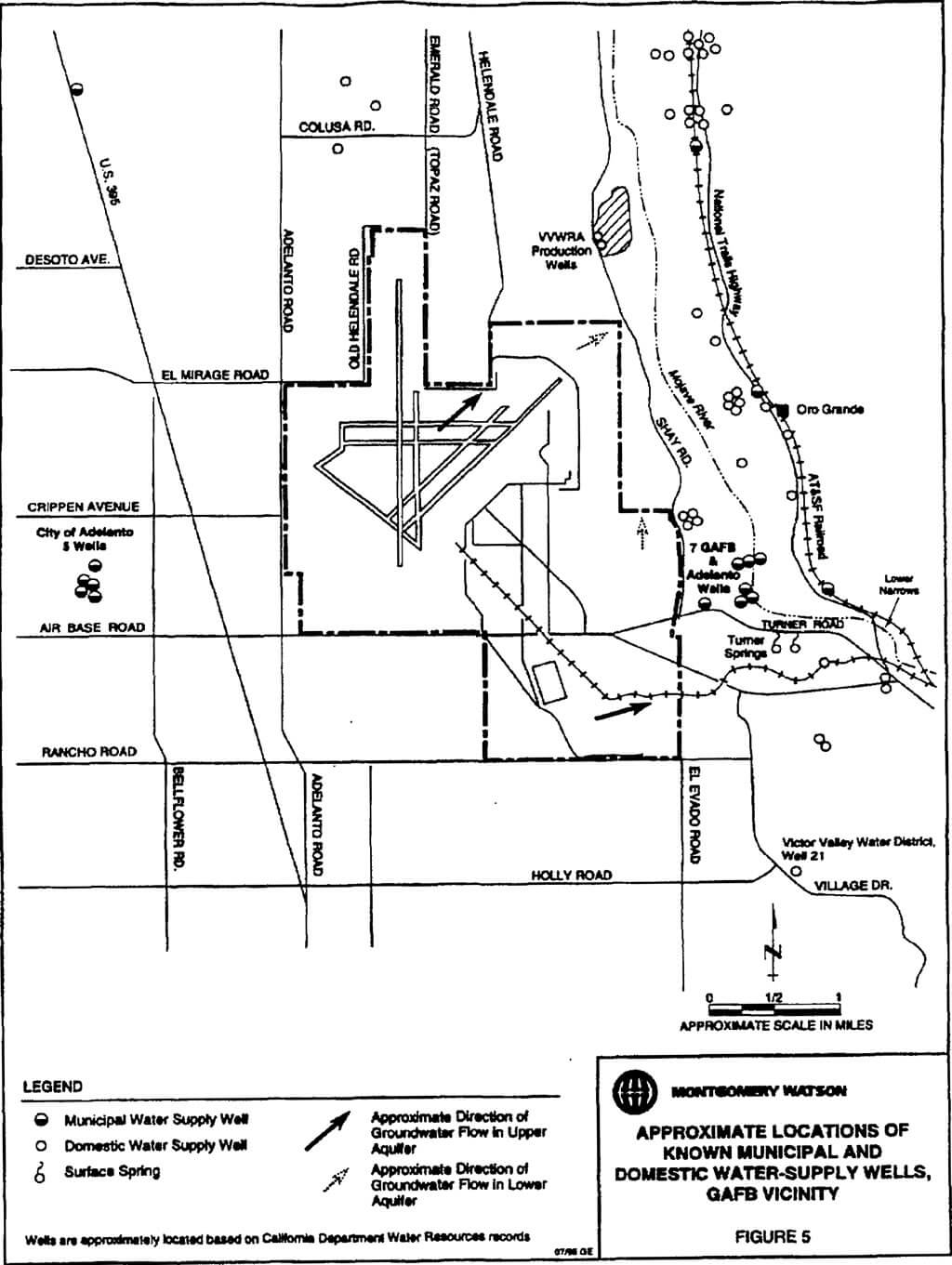
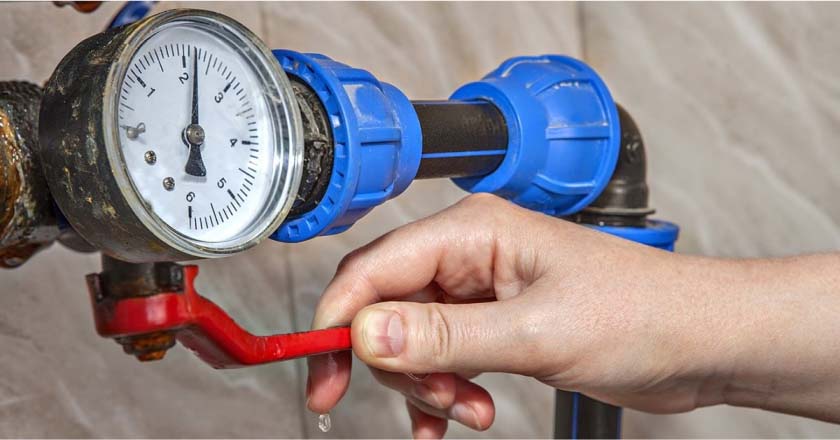
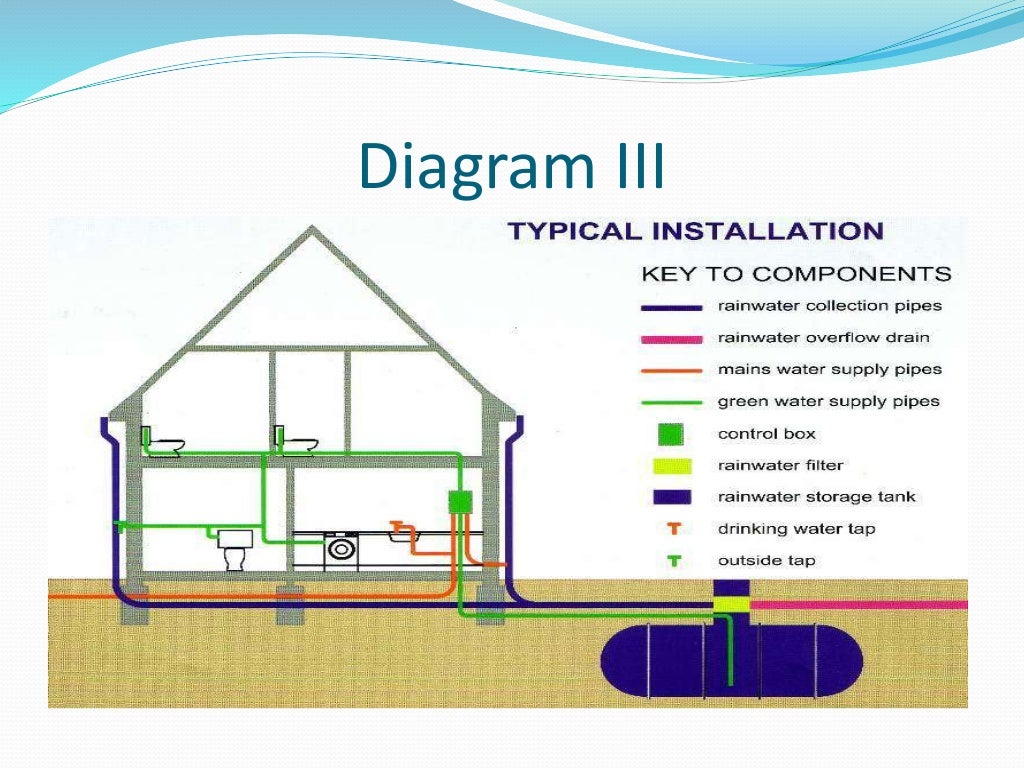


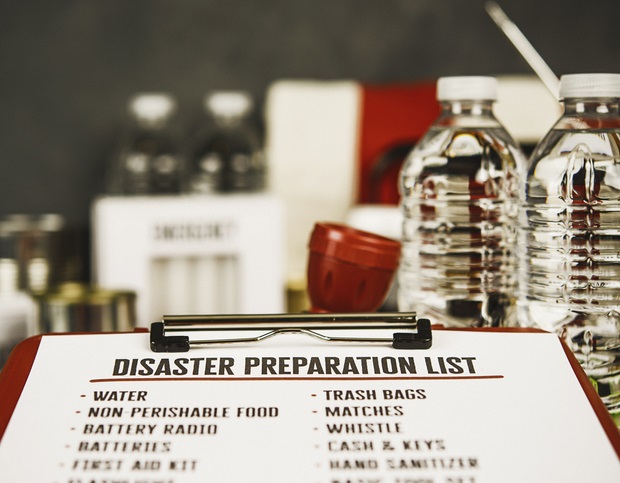


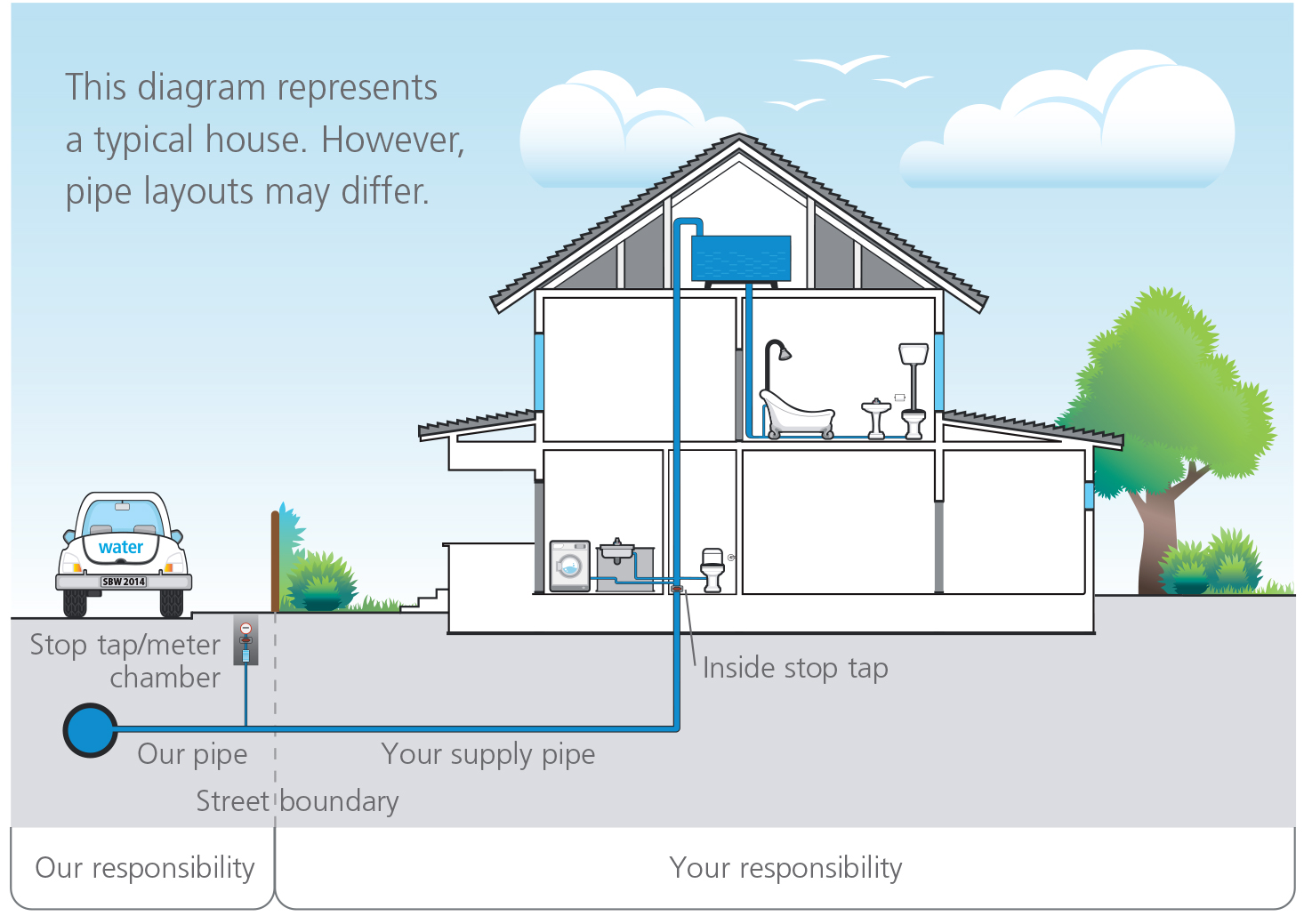

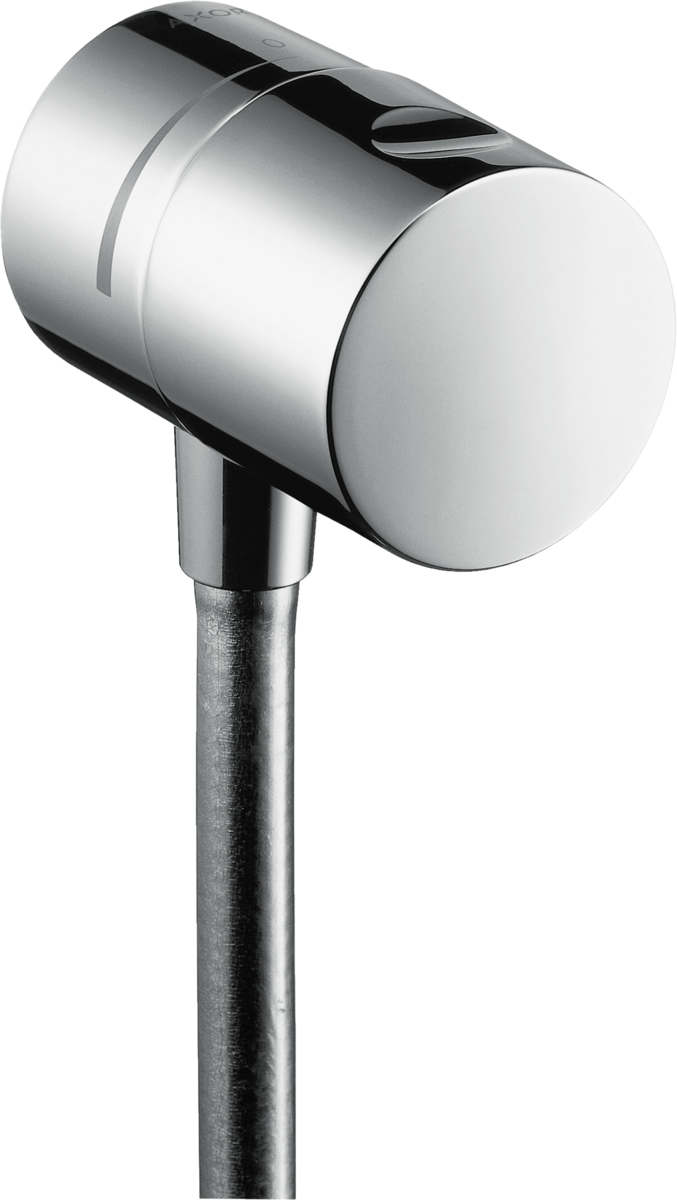

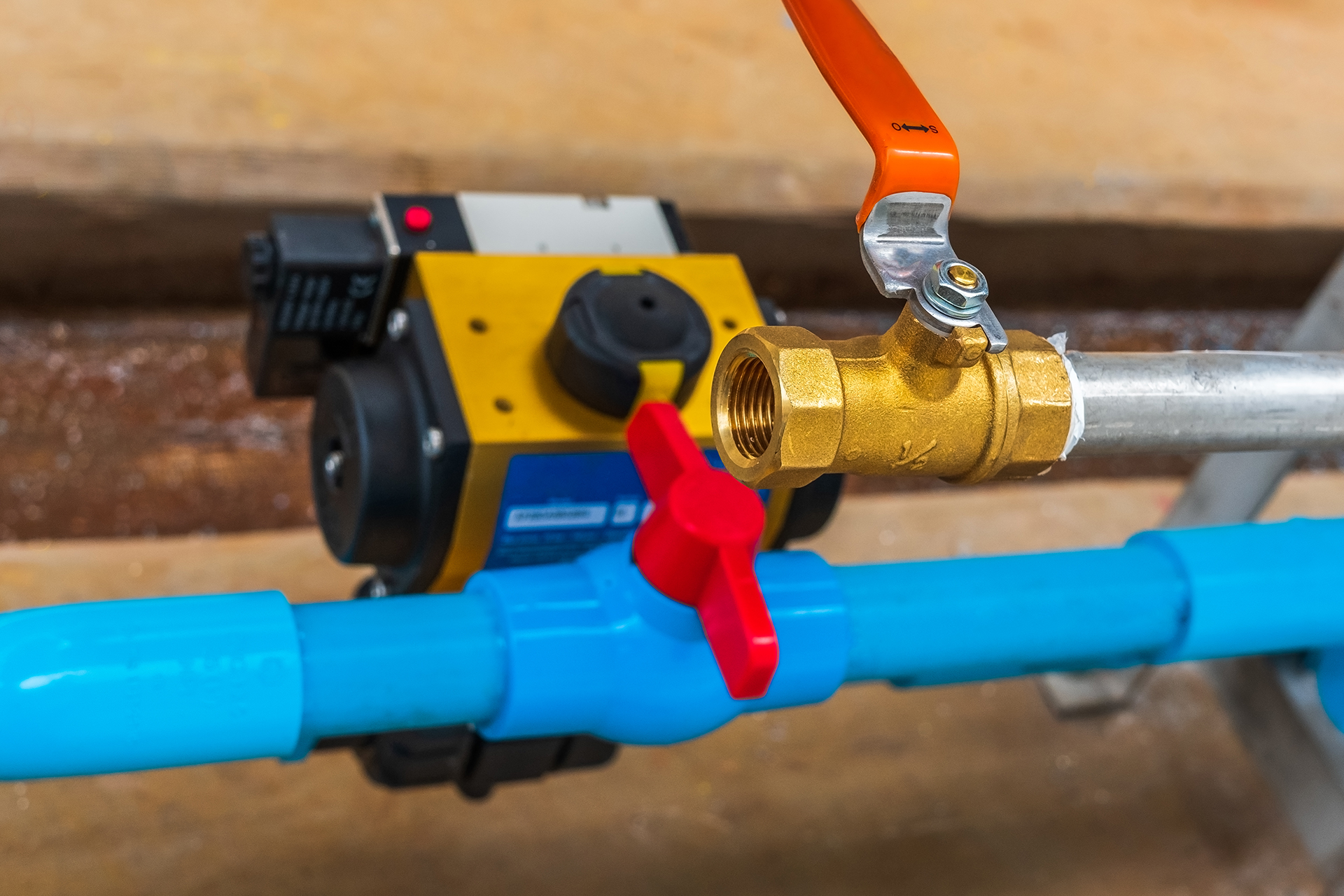
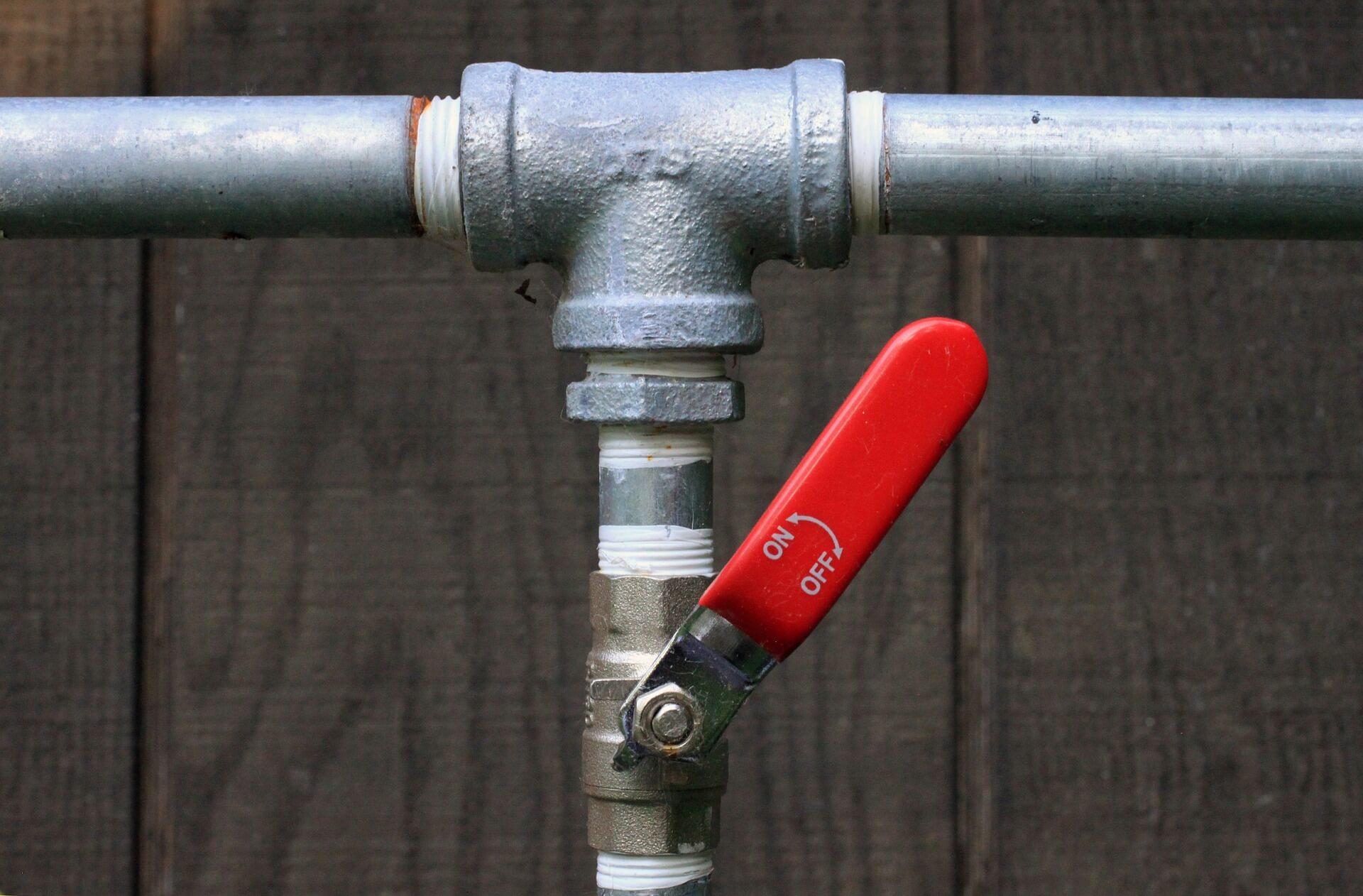






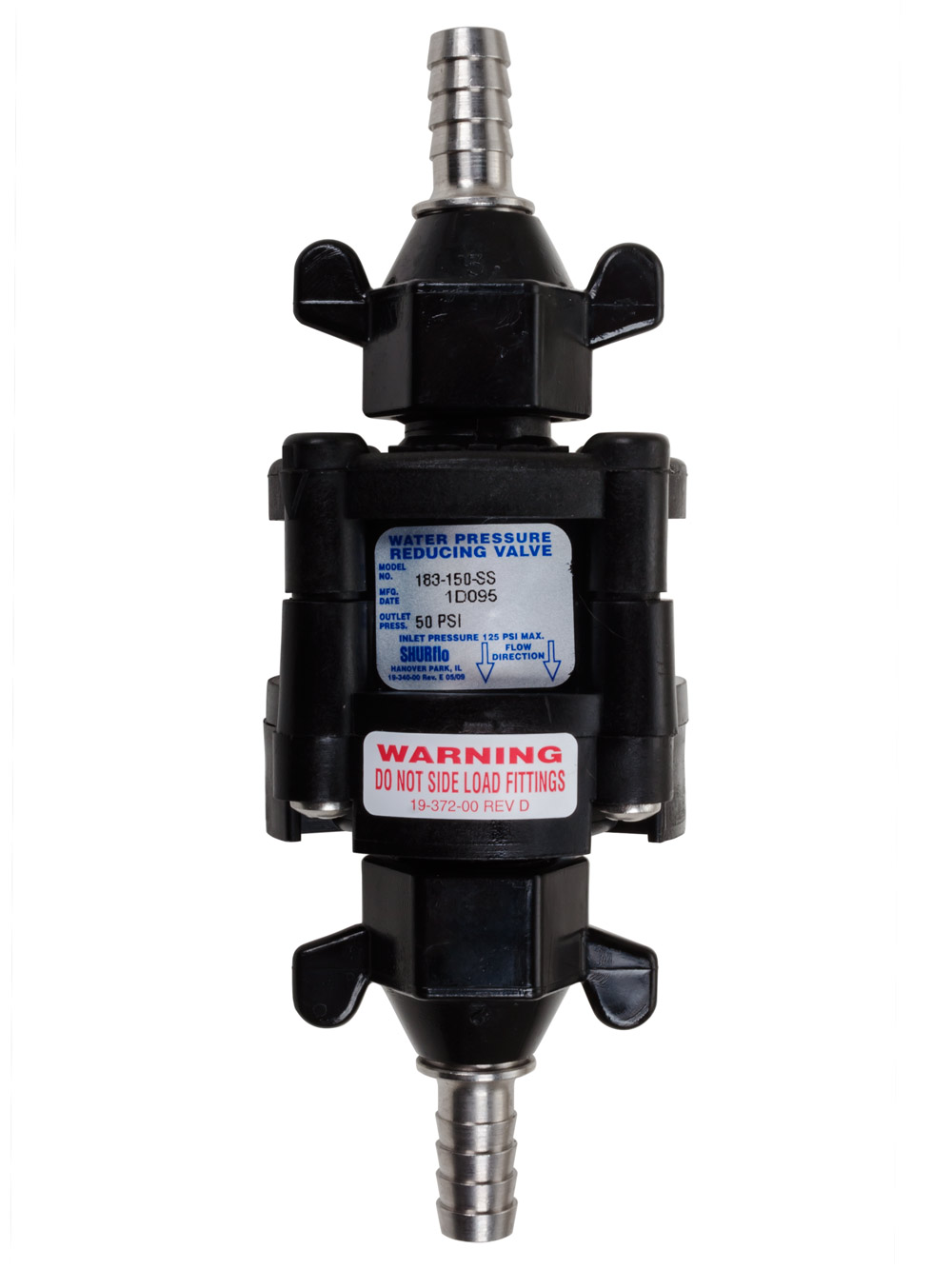

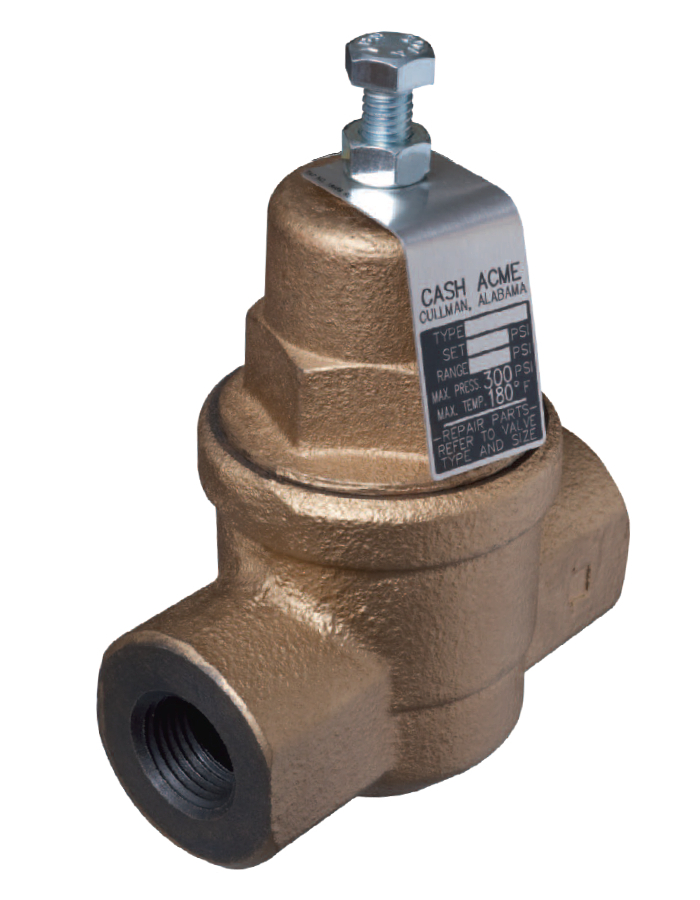
:max_bytes(150000):strip_icc()/the-men-s-hand-opens-the-ball-valve-on-the-collector-1006810456-5c5fc73fc9e77c000159c4af.jpg)


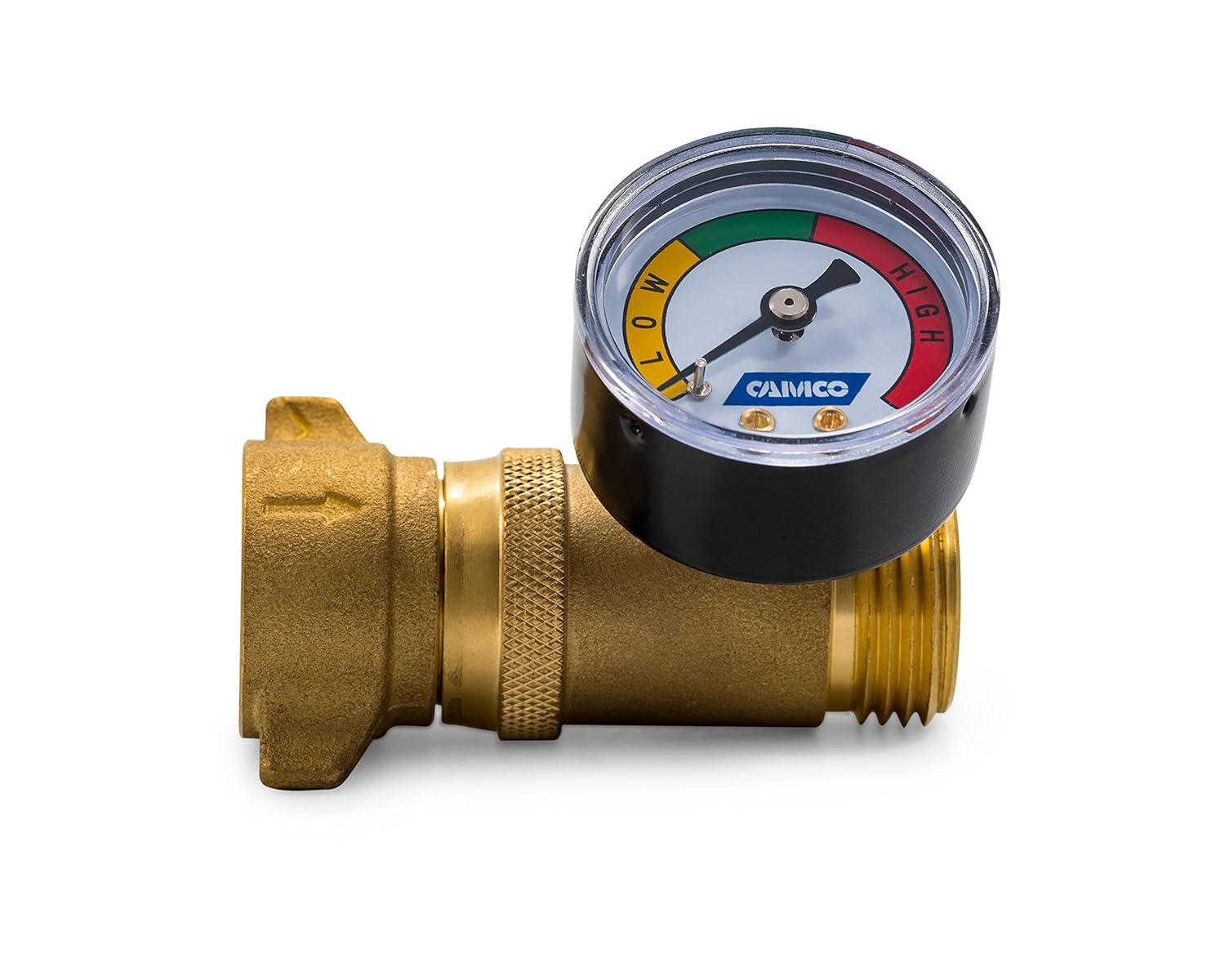

:max_bytes(150000):strip_icc()/testing-water-pressure-in-your-home-2718692-04-c37ab3236d0d4b61b87079ebf9ef823e.jpg)
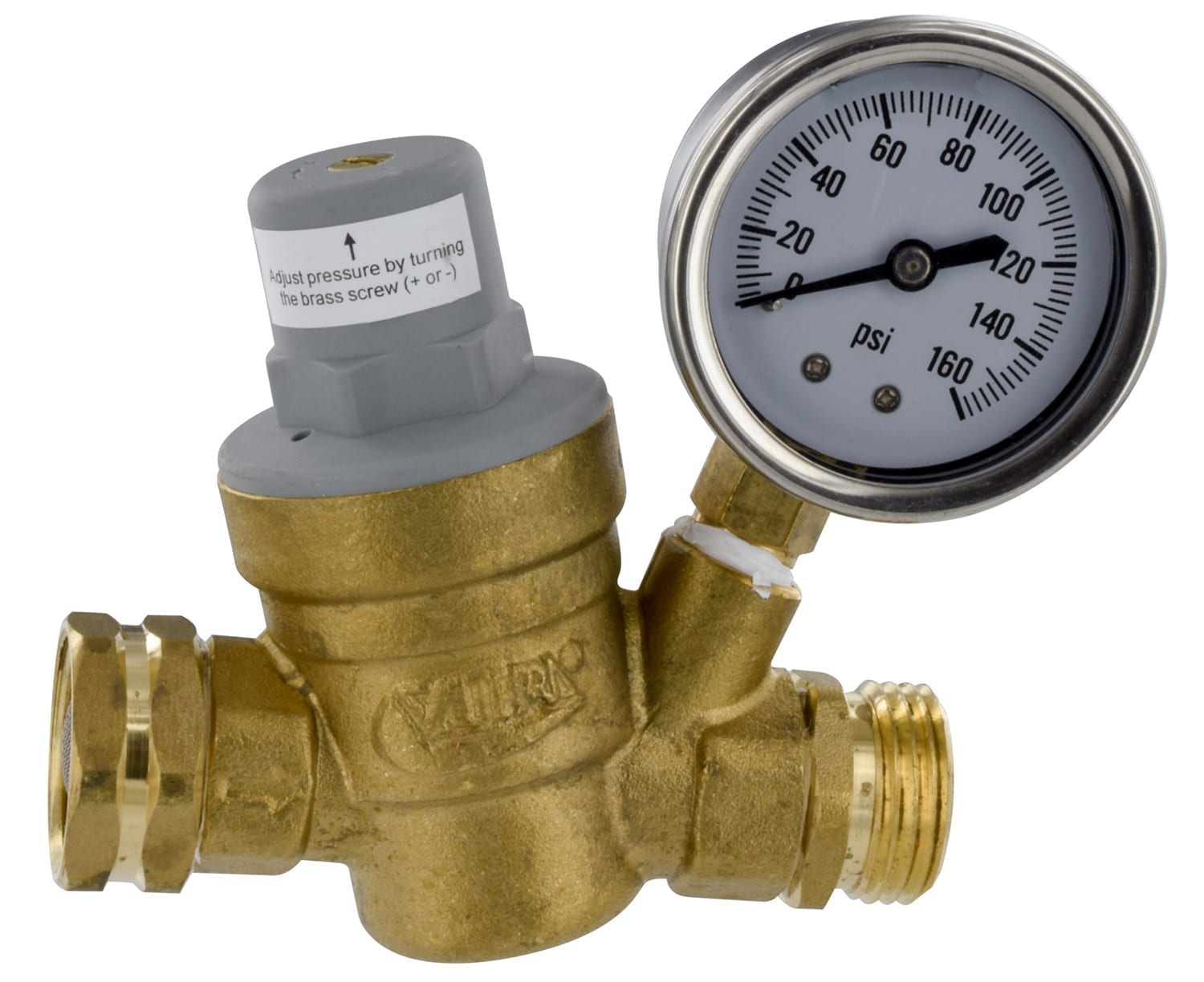
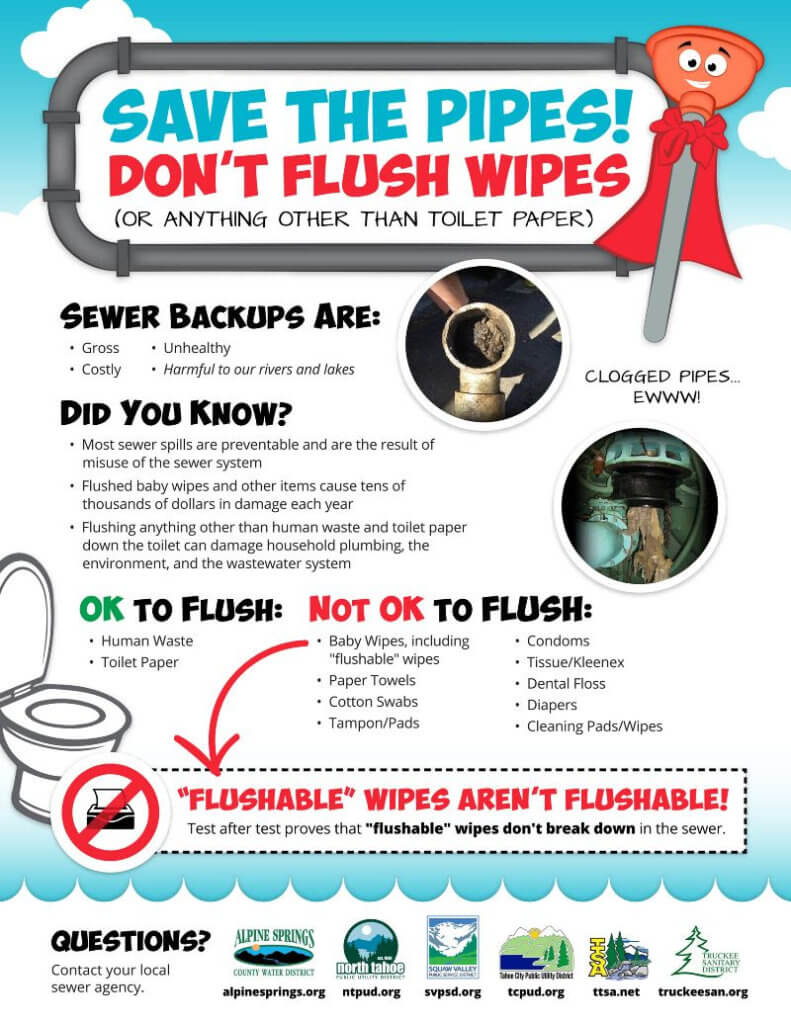
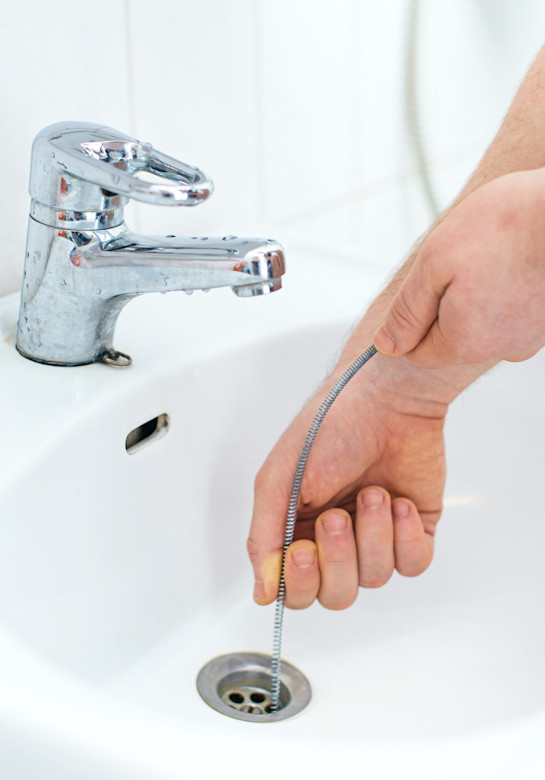
.png)



